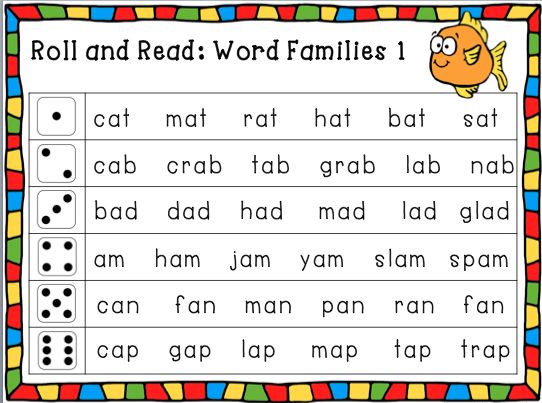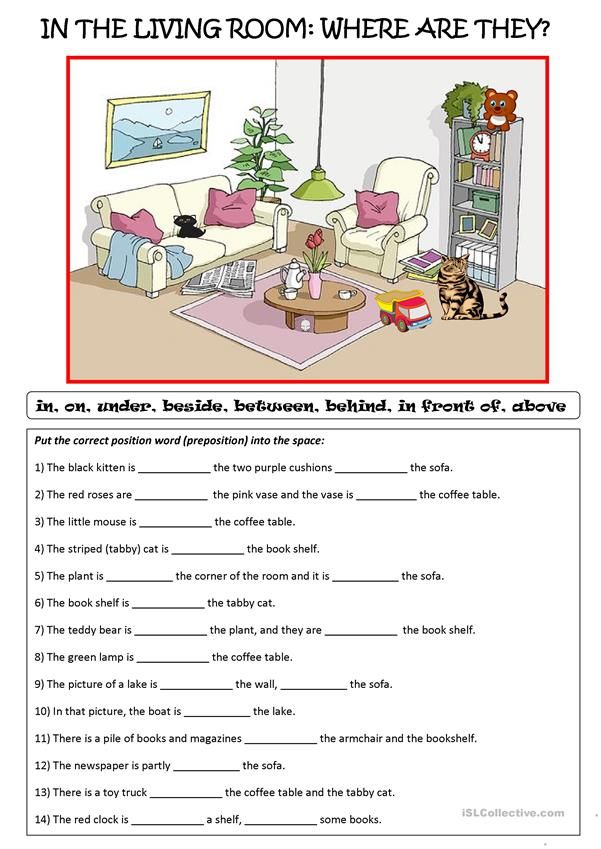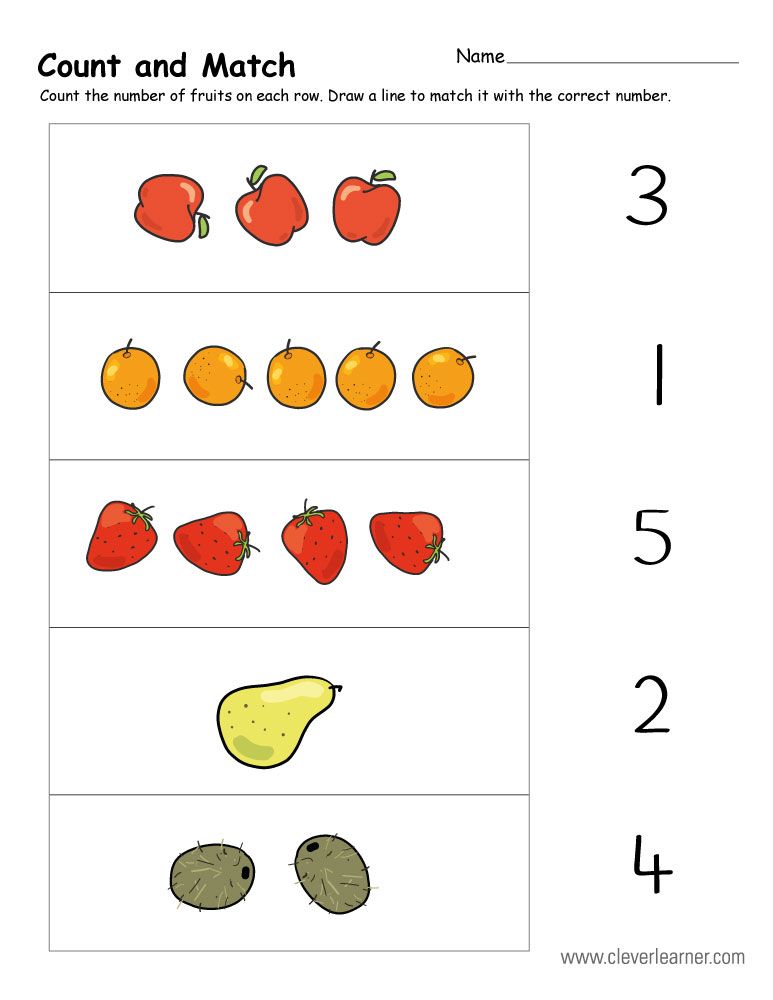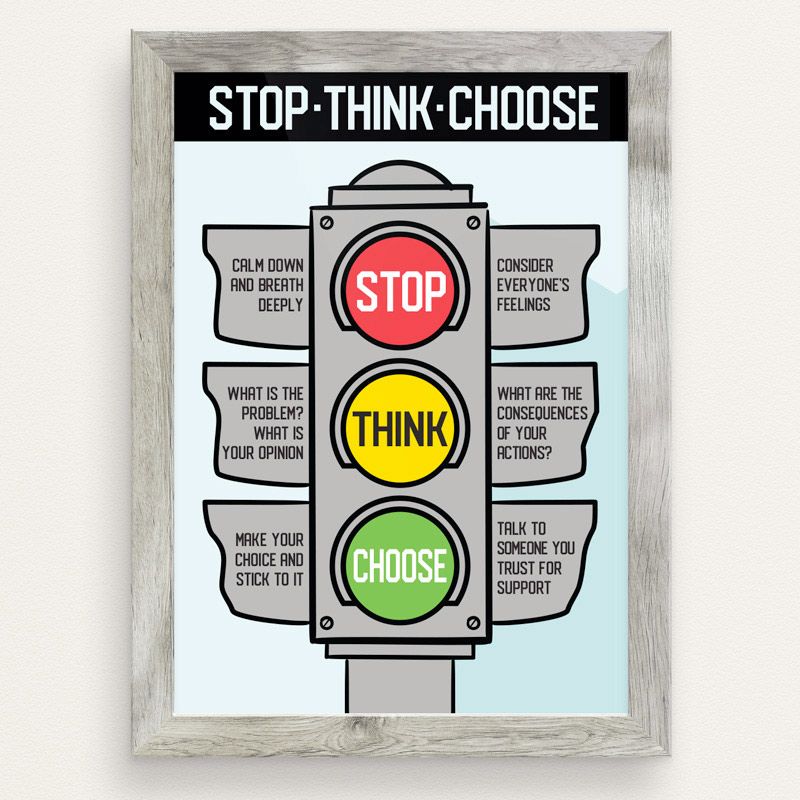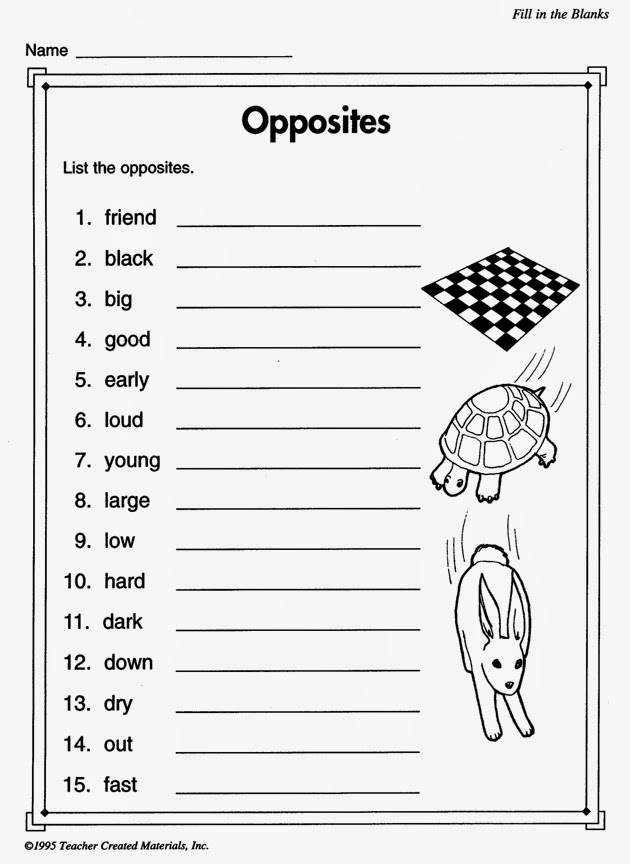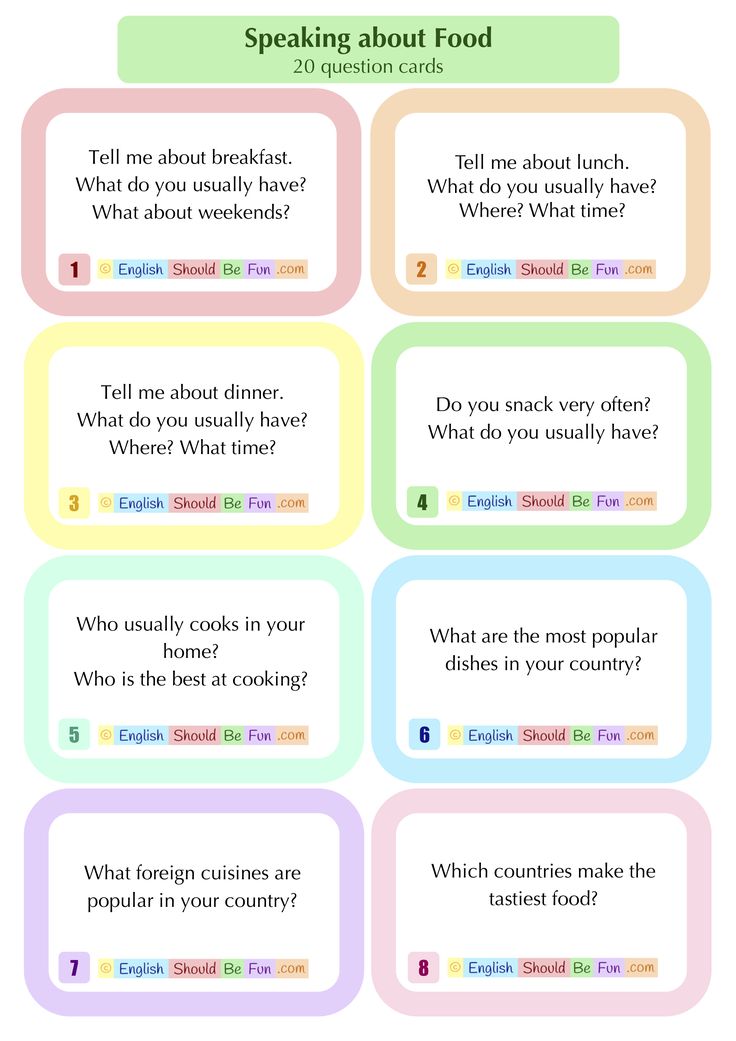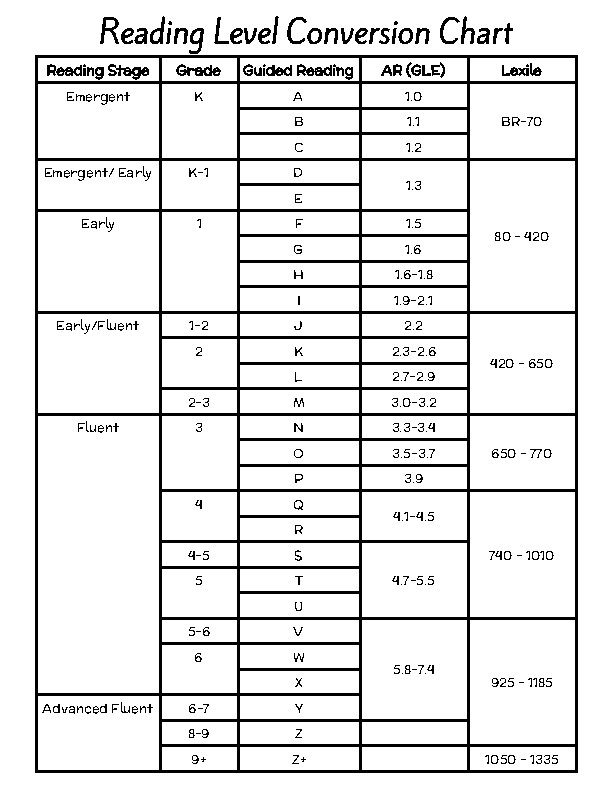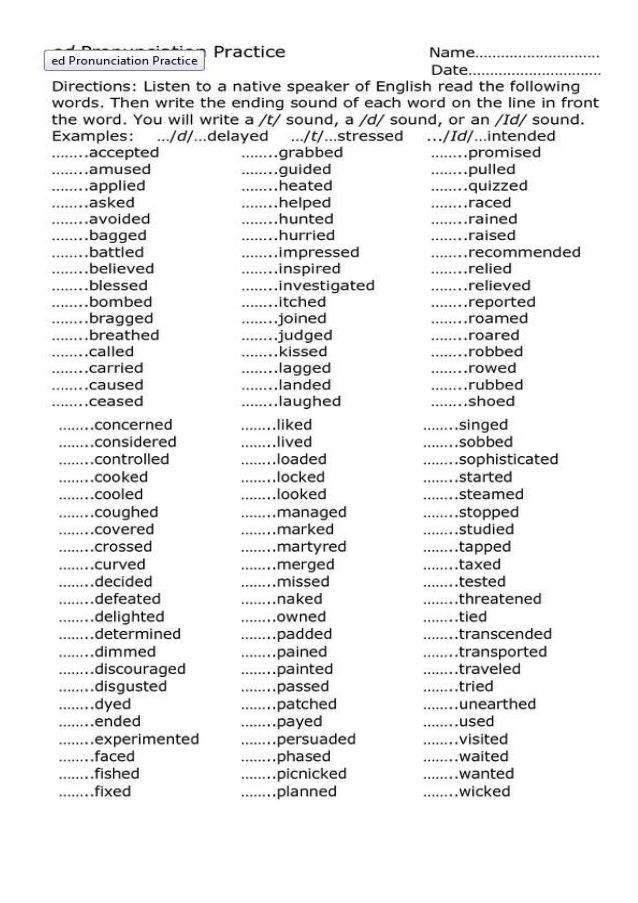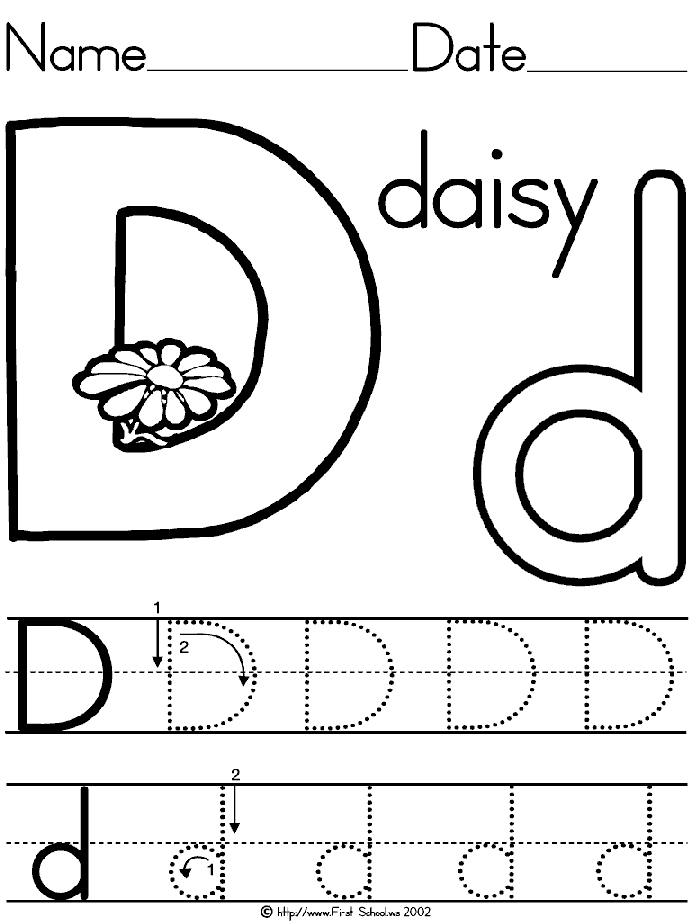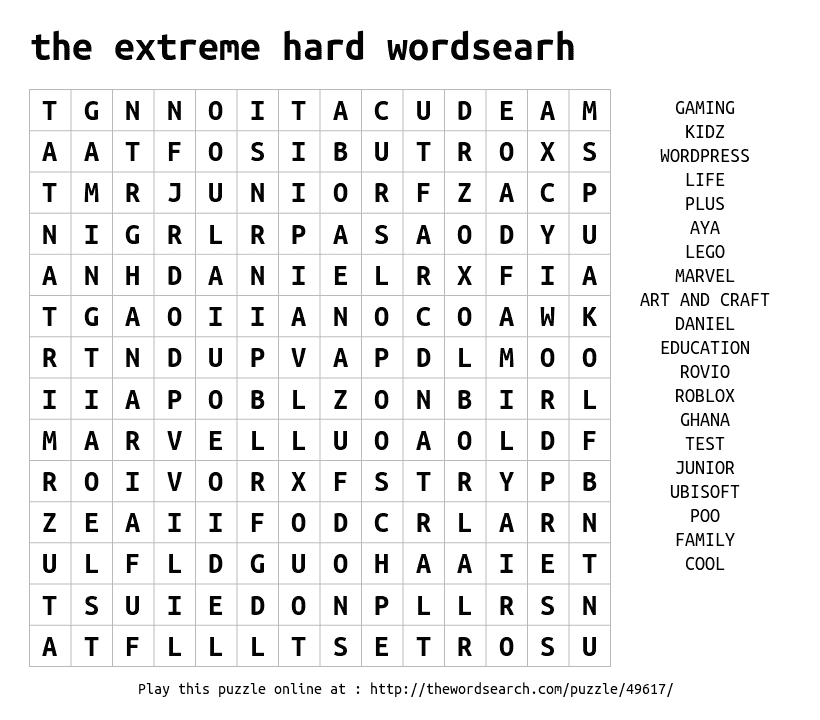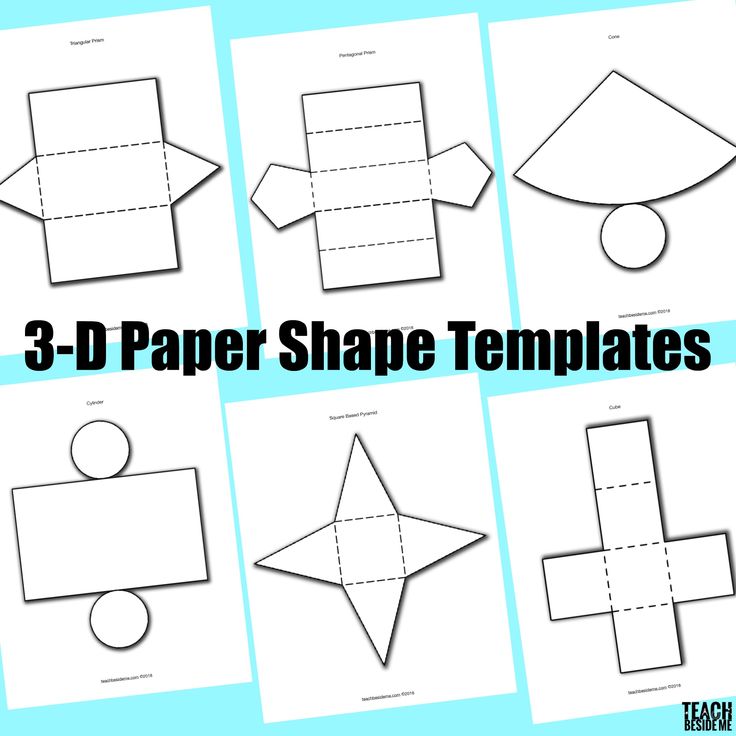Kindergarten word family games
50+ FUN Word Family Games and Activities
Help kids learn to read by exploring and playing with word family activity ideas! These super cute, fun, engaging, and free word family activities are a great way for young children to start off with their literacy journey. These word families activities are perfect for preschool, pre-k, kindergarten, and first grade students! We have free printable word family games that are sure to get your child excited about learning!
Word Family Activities
As children learn to read they need to learn the sounds letters make, master phonemic awareness, and then they start learning to recognize patterns in words. This ability to see clusters of letters that form similar sounds is important for early literacy! These fun, engaging
Word Family Activities are a great way for preschoolers, kindergartners, and grade 1 students to learn to read by becoming familiar with the word family concept. We have found lots of word families activities and word family games to make learning to sound out words and read FUN! Whether you are a parent, teacher, or hoemschooler you will love these word family printables including no-prep word family worksheets and clever word family activity ideas.
What are Word Families
Word families help students learn to read, while recognizing patterns and words with common phonetic sounds. Teaching these rhyming words allows kids to form a strong foundation for spelling skills and phonemic awareness for reading readiness.
Word Families include short, simple word with short vowel sounds in the middle. Typically you will see a lot of these common family words when teaching young learners:
- at family words
- an family words
- it family words
- in family words
- en family words
- op family words
- ot family words
- ug family words
- and any other common word families your children are working on
These word family ideas are a great tool for early elementary age students!
Word Families Activities
Kids will have fun improving literacy skills with these fun and free word family activities for prek, kindergarten, first grade, 2nd grade, and 3rd grade students.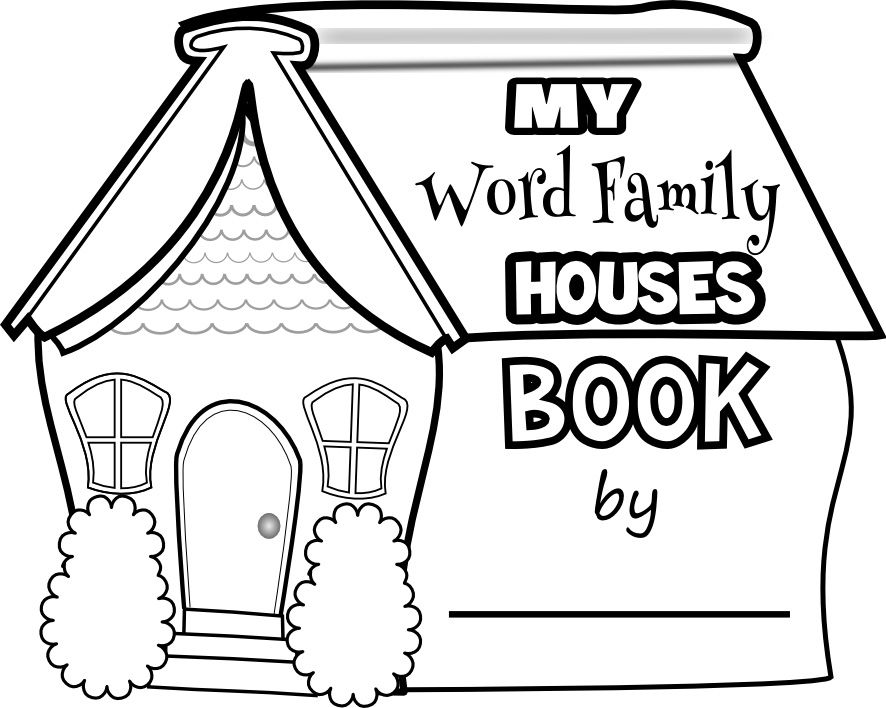 When kids have fun learning, they are more likely to remember what they learned and want to practice. Continued practice with word families will help kids achieve fluency.
When kids have fun learning, they are more likely to remember what they learned and want to practice. Continued practice with word families will help kids achieve fluency.
- Use fun themes kids enjoy like superheroes and bubbles word family activity to make practicing great fun!!
- Help kids read word families with these clever Word Family Clip Cards printable
- Or use a book unit/theme or favorite author week? Spell and read with Truffula trees, make Caterpillar word charts or use playdough with these fun Cat in the Hat mats! Use everyday objects and tools to learn!
- Make little mailboxes like this mailbox activity or go fishing for word families with a fishing game using tiny nets and pingpong balls!
- P is for pizza with this pizza word families idea or simply use your letter cards in an alphabet arc to teach reading and spelling.
- Get outside with this Sidewalk Word Family activity that uses chalk. Or try this one on steps!
- Use Paint sticks, your magnetic letters with ice cream sticks, or reuse and recycle cardboard rolls to spell words!
- Kids will love this clever activity where they will slide a strip to create different words.
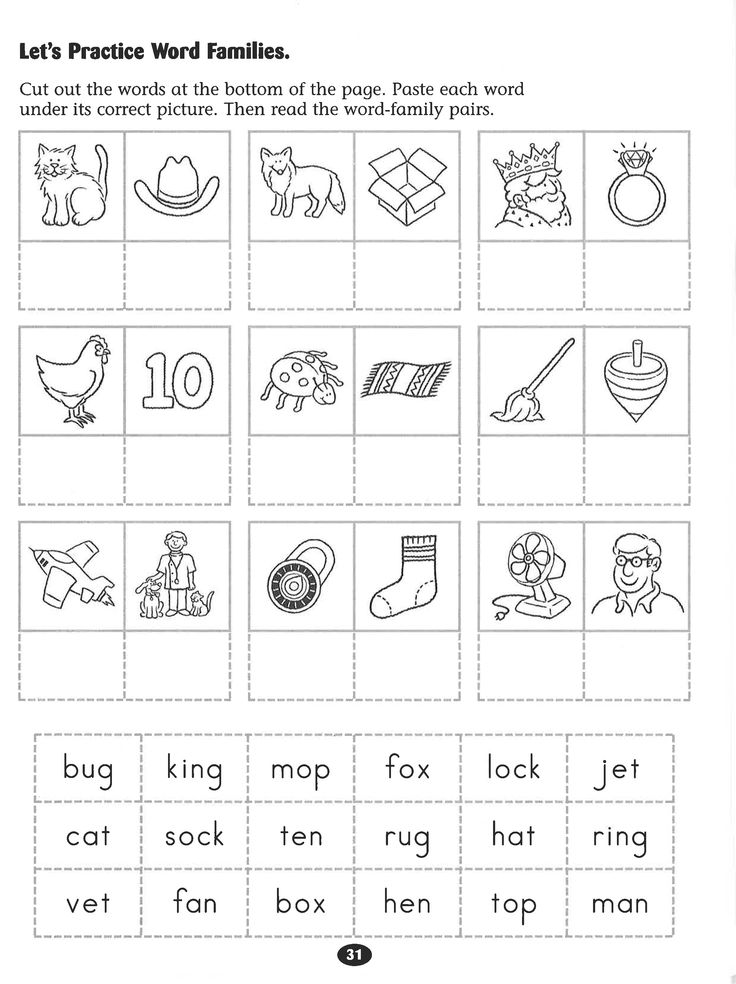 We have Word Family Sliders with context clues or Transportation Word Family Sliders to learn blends. Both are available in color or black and white.
We have Word Family Sliders with context clues or Transportation Word Family Sliders to learn blends. Both are available in color or black and white. - Ready. Set. Learn! These film strip themed word family printable are a clever visual for learning
Word Family Games
By using word families games, kids will have fun learning which will make them want ot play over and over again. This interactive literacy practice will help them gain fluency and give them the confidence they need to jump into reading!
This Board Game helps kids practice “in” words. Or if you are teaching o words, try all these Short O Word Family Games
This fun, visual sorting Word Family Game is a great way for early elementary age kids to practice. Another fun way is this free printable Roll & Race Word Family Game
Looking for a more active game? Try this zany Word Family Sponge Bowling
As long as you are supervising web use, try these online word familiy games sorted by family words
Word Family Worksheets
There are lots of way to teach kids word famlies.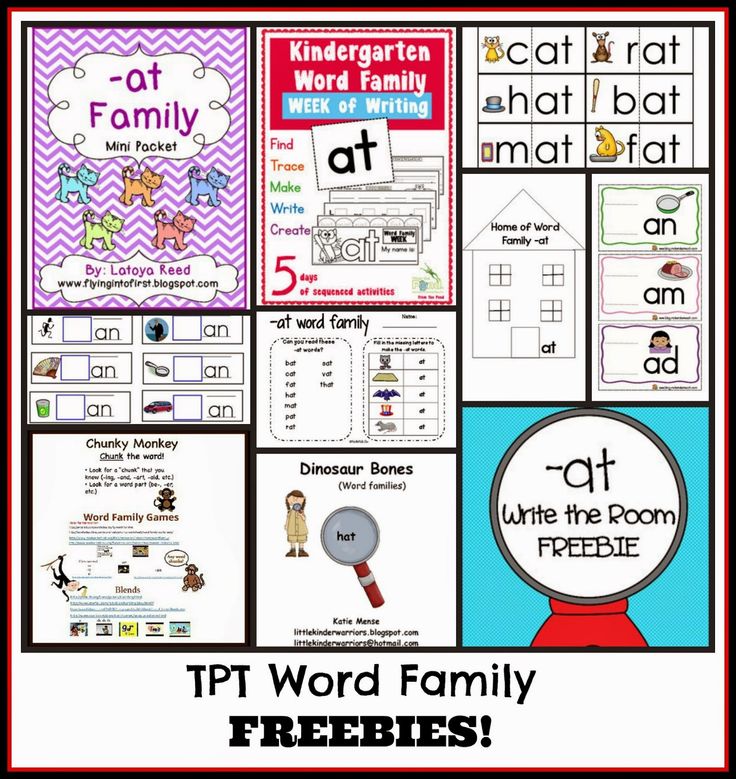 You can use free word family worksheets, free word family printables, or hands on word family activites. Either way, you will love using these word family printables to make it quick to set-up these educational, learning activites. Whether you are a parent, teacher, homeschoolers, you will love using these in language arts centers, as extra practice, at home, or as summer learning.
You can use free word family worksheets, free word family printables, or hands on word family activites. Either way, you will love using these word family printables to make it quick to set-up these educational, learning activites. Whether you are a parent, teacher, homeschoolers, you will love using these in language arts centers, as extra practice, at home, or as summer learning.
Try these these free printable family word mazes and color the word family worksheets to add to your lessons.
- Dab a Dot Mazes Word Family Worksheets
- Airplane Word Family Worksheets with Do a Dot Markers
- Cooking up Rhymes with Word Family Printables activity
- Lion Rhyming Word Family Activity
Word Family Activity
Special holidays MUST be used for learning, right? Have fun learning word families with these seasonal word family activities:
- ⛄ Kids will flip when they see how cute and fun these Snowman Word Family Printables are!
- 💗 Hershey Kiss, chocolate themed Word Family Worksheets for practicing around Valentines Day
- 💗 Chocolate kiss sorting word family activity
- 🌸 These cut-and-paste Spring flowers word family printable are a fun way to practice
- 🐰 These adorable, Easter Word Family Worksheets are a fun, NO PREP way for kids to practice!
- 🐥 Another fun Easter themed way to practice is by sorting Easter eggs word family activity
- 🐣 Put the eggs in the correct carton and write the words on these Easter Word Family Worksheets
- 🎃Kids will have fun sliding the slips through these pumpkin Word Family Printables to read.
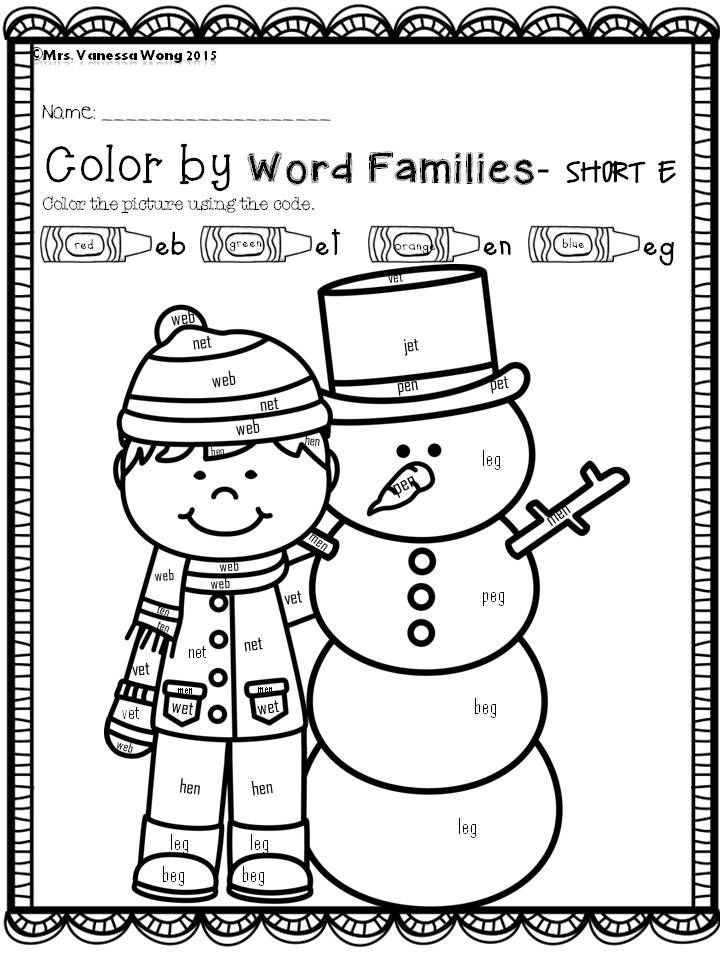
- 🍂 Puzzles are a fun way for kids to practice word patterns. Pumpkin pie word family activity
- 🦃 Spin and Cover turkey games for learning word families
- 🍁 Give the turkeys his feathers by sorting the turkey word family activities for early learners
- 🎄 Decorate the Christmas Word Family printables in this super cute literacy activity
Word family games for kindergarten
So many FUN free word family activities, which activity will you children/students want to try out first?
Some other educational activities that are very closely related to word families are CVC Words Activities and Rhyming Words Activities
Kindergarten Printables
- 50 Books for Kindergarten Book List – Books for Kindergarteners to read themselves
- Kindergarten Calendar Printable
- Days of the Week Worksheets
- Kindergarten Spelling Words – add a vowel practice
- Free Kindergarten spelling words Printable
- Hoppy Frog Math Game (addition within 10 and addition to 20)
- Goldfish Kindergarten Subtraction Games
- Roll to 100 Counting Game
- Flower Shape Kindergarten Math Crafts
- Kids will have fun as they color and learn with these Ordinal Number Worksheets
- Spring Kite Skip Counting Craft
- Pirate I Spy Worksheets
- Crack the Code Worksheet Pages for Kindergarten and first graders
- Playdough Subtraction Smash free printable math activity
- Dinosaur Theme Kindergaten Math Worksheets
- What Comes Next Kindergarten Math
- Free Ice Cream Math Worksheets
Kindergarten Phonics
- Short i cvc worksheets cut and paste pdf
- Short E CVC Words Booklet
- Crack the Code CVC Word Worksheets
- Short a CVC Word Book
- Crayon CVC Words Activity
- CVC Word Puzzles Free Printable
- Word Family Sliders Free – lots of styles to print in color or black and white
- Blowing Bubbles Word Family Activities
- Monster Match CVC Word Activity
Kindergarten Activities
- Free Printable Seasons Worksheets w/ Free 4 Season Printables
- Large Printable Weather Unit for kids
- Rain Cloud for Kids experiment and free worksheet
- Water Cycle for Kids Printable Book
- Lots of weather printables to help kids learn about weather terms while epracticing math and literacy skills
- Grab this free printable 5 senses preschool printables to explore the senses of sight, taste, sound, smell, and touch
- Human Body human body playdough mats – lots of choices to learn about various systems of the body including simple for preschoolers, skeletal system, organs, muscles, nerves, and more!
- EPIC, Life-size Human Body Project
- Amazing 5 Senses for kids lesson to explore with hands on activities, videos, books, and more!
- Try this Jelly Bean sense of taste activities for preschool experiment.

- All About Me Kindergarten (Expanding horizons social studies unit to teach kids about themselves, My Family, My Neighborhood, My Community Unit with lots of ideas & resources
- Where do I Live – free printable project and fun idea for explaining how you live in a house, on a block, in a city, in a state, etc.
- Free Community Helpers Coloring Pages – over 20 simple coloring pages exploring jobs
- Community Helpers Printables Wheel
- Handy Community Signs Worksheets
- HUGE Pack of Firefighter Worksheet to practice a variety of skills with kids 3-8
- Free Printable Community Helpers Matching Game
Print and Play Word Family Games
Looking for some no prep word family games? Here you go! These print and play word family games are a free sample from my Print & Play Word Family Games pack!
If you want even more no prep phonics games, you might enjoy the entire bundle, Print and Play Phonics Games {just updated}!
*This post contains affiliate links.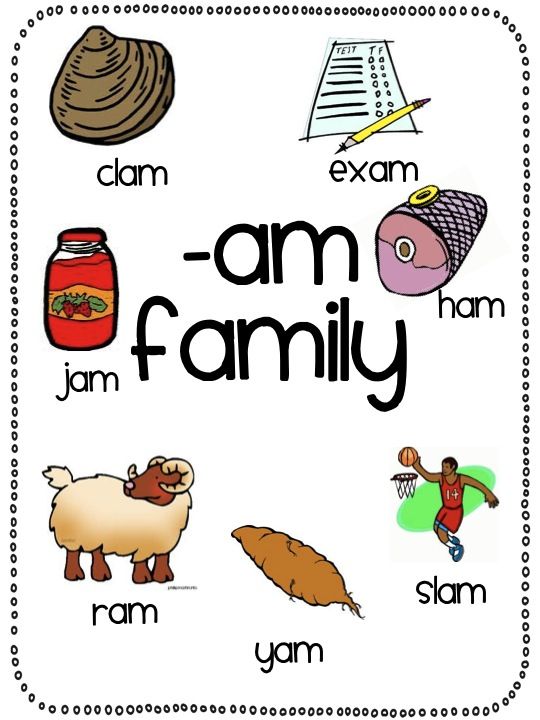
**The free download link can be found towards the END of this post. Just click on the teal, download button.
Print & Play Word Family Games
I’m so excited about our new set of word family roll and race games. These are similar to the phonics games in our print and play games from a few years ago, but instead of dropping an object on the game board, I’ve added a die, which makes them even better!
Learners can play by themselves, with a partner, or you can even take turns with a small group for focused phonics instruction. They’re also GREAT for at-home practice!
Playing these games is extremely simple. Just grab a die and small manipulatives {like Power Magnets, transparent counters, or just dried beans}. Using a small manipulative to move on the game boards makes them re-usable. My kiddos like to play using our dot paint.
Directions for 1 Player:
- Roll the die and match it to a picture on the board {each die pattern is on the board 2x}.
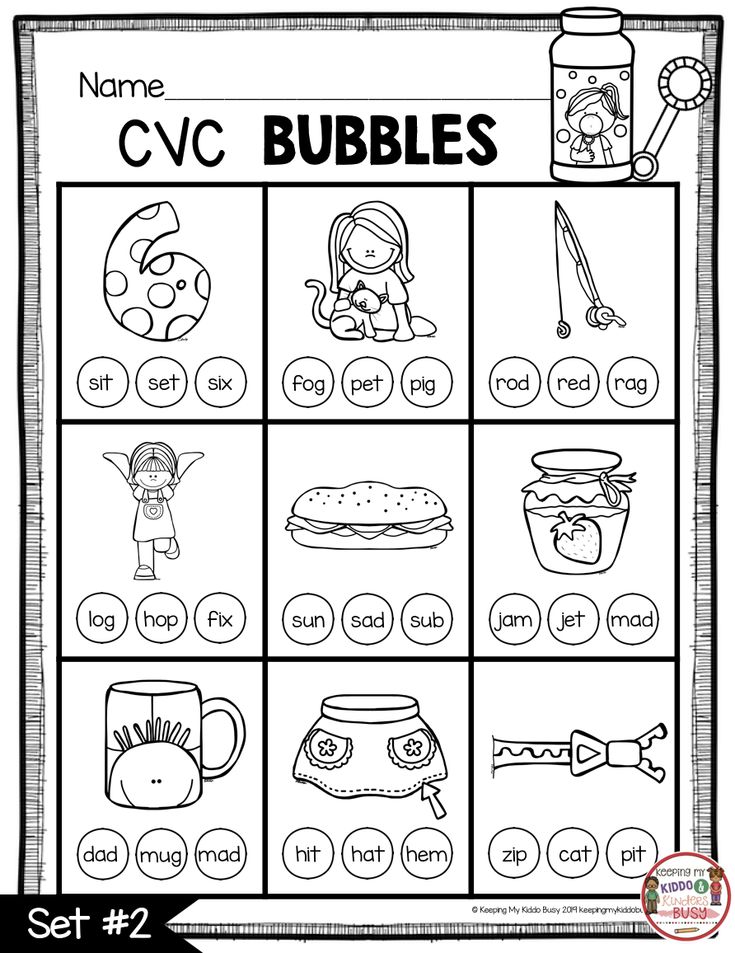
- Name the picture and the word family pattern it has. In the example above, it’s -ig or -in.
- If you’re using a small manipulative, the learner moves it off of “Start,” one space closer to the flag. If you’re using dot paint {as seen in the picture above}, dot one space closer to the flag.
- When one of the word family patterns reaches all the way to the flag, that side “wins” the game.
Directions for 2 Players:
- To modify for two players, each player chooses a “side” or phonics skill that will be theirs.
- Players take turns rolling the die, and naming the picture, and identifying the word family chunk.
- If it’s their chunk, they move closer to the flag on their side. If it’s not, they lose a turn.
- The first player to have their phonics skill reach the flag, wins.
Directions for a Small Group:
- To modify for a small group, simply have learners take turns rolling the die.
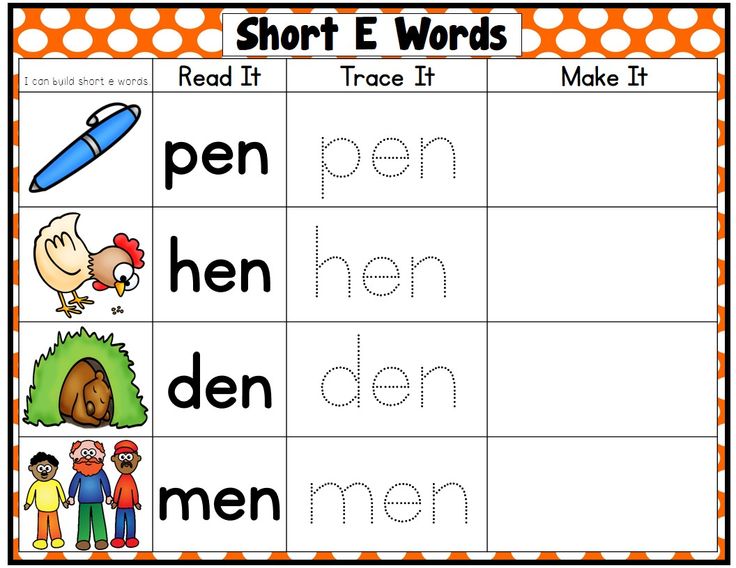 Together, name the object, and identify the word family chunk.
Together, name the object, and identify the word family chunk. - Similar to the 1-player version, the side of the board that gets to the flag first is the winner.
Even MORE Word Family Freebies!
Find all our word family readers from my Learn to Read curriculum. Or are you teaching with BOB Books? Try their BOB Books Rhyming Words series. You can find freebies for all the books in our collection right HERE!
Word Family Readers BOB Books Printables
If you want to purchase all the word family games, click on the image below. You can even grab the Print & Play Bundle Pack at my shop or my Teachers Pay Teachers Store! They’re perfect for EASY, NO PREP differentiation. {Keep scrolling for the word family games freebies!}
Enjoy!
~Becky
Want MORE Free Teaching Resources?
Join thousands of other subscribers to get hands-on activities and printables delivered right to your inbox!
Word games • Arzamas
You have Javascript disabled. Please change your browser settings.
Please change your browser settings.
Materials
Arzamas for classes with schoolchildren! A selection of materials for teachers and parents
Everything you can do in an online lesson or just for fun
Cartoons are festival winners. Part 2
Tales, parables, experiments and absurdity
Guide to Yasnaya Polyana
Leo Tolstoy's favorite bench, greenhouse, stable and other places of the museum-estate of the writer worth seeing with children Migrants: how to fight for their rights with the help of music
Hip-hop, carnival, talking drums and other non-obvious ways
Old records: fairy tales of the peoples of the world
We listen and analyze Japanese, Italian, Scandinavian and Russian fairy tales
Video: ISS commander asks a scientist about space
Lecture at an altitude of 400 kilometers
How to make a movie
Horror film, comedy and melodrama at home
The most unusual animation techniques from sunflowers, cartoons and VR spices
Play the world's percussion instruments
Learn how the gong, marimba and drum work and build your own orchestra
How to put on a show
Shadow theatre, reading and other home theater options for children
Soviet puzzles
Solve children's puzzles of the 1920s-70s
22 cartoons for the little ones
What to watch if you don't have six
From "Wild Dog Dingo" to 904 "Timur and his team" 9003 What do you need 9003 to know about the main Soviet books for children and teenagers
A guide to children's poetry of the 20th century
From Agnia Barto to Mikhail Yasnov: children's poems in Russian
10 books by artists
Pages made of tracing paper - Milanese fog, and binding between reality and fantasy
How to choose a modern children's book
"Like Pippi, only about love": explaining new books through old ones
Word games
"Hat", "telegrams", "MPS" and other old and new games
Games from classic books
What the heroes of the works of Nabokov, Lindgren and Milne play
Plasticine animation: the Russian school
From Plasticine Crow to Plasticine Sausage
Cartoons - winners of festivals
Brave Mom, My Strange Grandpa, A Very Lonely Rooster and others
Non-fiction for children
How a whale’s heart beats, what’s inside a rocket and who plays the didgeridoo — 60 books about the world around
Guide to foreign popular music
200 artists, 20 genres and 1000 songs that will help you understand the music of the 1950s-2000s
Cartoons based on poems
Poems by Chukovsky, Kharms, Gippius and Yasnov in Russian animation
Home games
Shadow theater, crafts and paper dolls from children's books and magazines of the 19th–20th centuries
Books for the smallest
Modern literature from 0 to 5: read, look at, study
Puppet animation: Russian school 9004
Crow in Love, Devil No.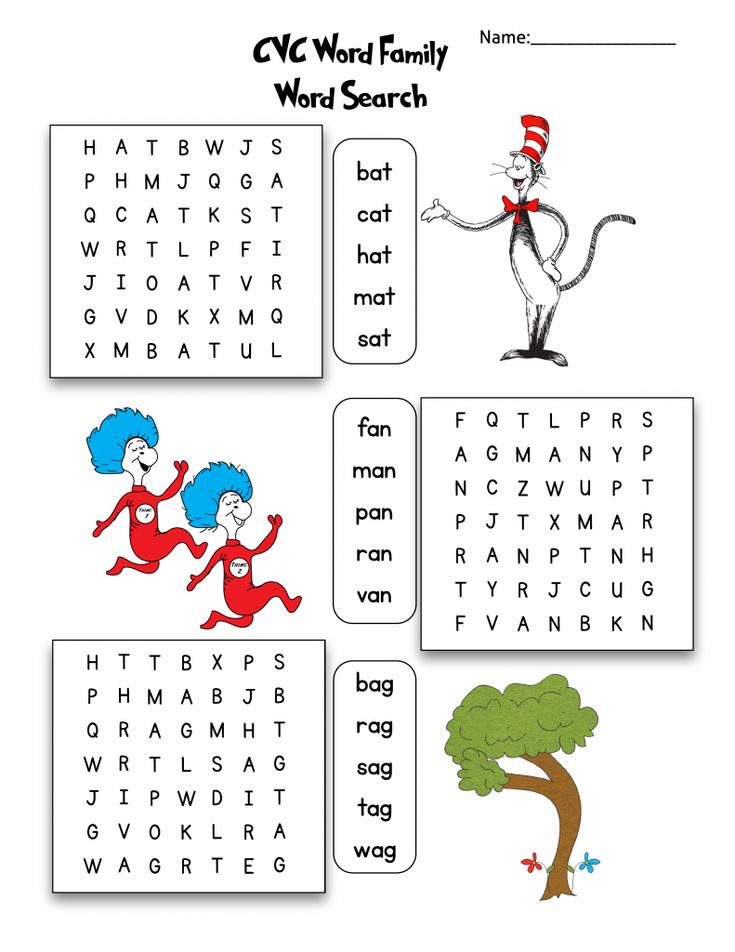 13, Lyolya and Minka and other old and new cartoons
13, Lyolya and Minka and other old and new cartoons
Smart coloring books
Museums and libraries offer to paint their collections
Reprints and reprints of children's books
Favorite fairy tales, stories and magazines of the last century, which you can buy again
What you can hear in classical music
Steps on ice, the voice of the cuckoo and the sounds of the night forest in the great compositions of the 18th-20th centuries
Soviet educational cartoons
Archimedes , dinosaurs, Antarctica and space — popular science cartoons in the USSR
Logic puzzles
Solve the argument of the wise men, make a bird out of a shirt and count the kittens correctly
Contemporary children's stories
The best short stories about grandmothers, cats, spies and knights
How Russian lullabies work
We explain why a spinning top is scary and why you shouldn't lie down on the edge. Bonus: 5 lullabies by Naadya
Musical fairy tales
How Tchaikovsky, Rimsky-Korsakov and Prokofiev work with the plots of children's fairy tales
Armenian School of Animation
The most rebellious cartoons of the Soviet Union
The Dina Goder Cartoon Collection
The Program Director of the Big Cartoon Festival advises what to watch with your child
Cartoons about art
How to tell children about Picasso, Pollock and Tatlin using animation
40 fire and who has a sieve in his nose: riddles from "Chizh", "Hedgehog" and books by Marshak and Chukovsky
Yard games
"Traffic light", "Shtander", "Kolechko" and other games for a large company
Poems that are interesting to learn by heart
What to choose if you were asked to learn a poem about mother, New Year or autumn
Old audio performances for children
Ole Lukoye, Gray Sheika, Cinderella and other interesting Soviet Recordings
Cartoons with classical music
How animation works with the music of Tchaikovsky, Verdi and Glass
How children’s rhymes work
“Ene, bene, slave, kvanter, manter, toad”: what does it all mean
"Hat", "telegrams", "MPS" and other games that require almost nothing but company and a desire to have a good time
Author Lev Gankin
Primer “A.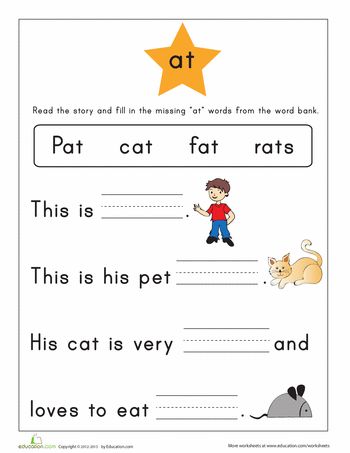 B. C. Trim, alphabet enchanté. Illustrations by Bertal. France, 1861 Wikimedia Commons
B. C. Trim, alphabet enchanté. Illustrations by Bertal. France, 1861 Wikimedia Commons Oral games
Associations
Game for a big company. The host briefly leaves the room, during which time the rest decide which of those present they will guess (this may be the host himself). Upon returning, the player asks the others questions - what flower do you associate this person with, what vehicle, what part of the body, what kitchen utensils, etc. - in order to understand who is hidden. Questions can be very different - this is not limited by anything other than the imagination of the players. Since associations are an individual matter and an exact match may not happen here, it is customary to give the guesser two or three attempts. If the company is small, you can expand the circle of mutual acquaintances who are not present at that moment in the room, although the classic version of "associations" is still a hermetic game.
Game of P
A game for a company of four people, an interesting variation on the "hat" theme (see below), but does not require any special accessories.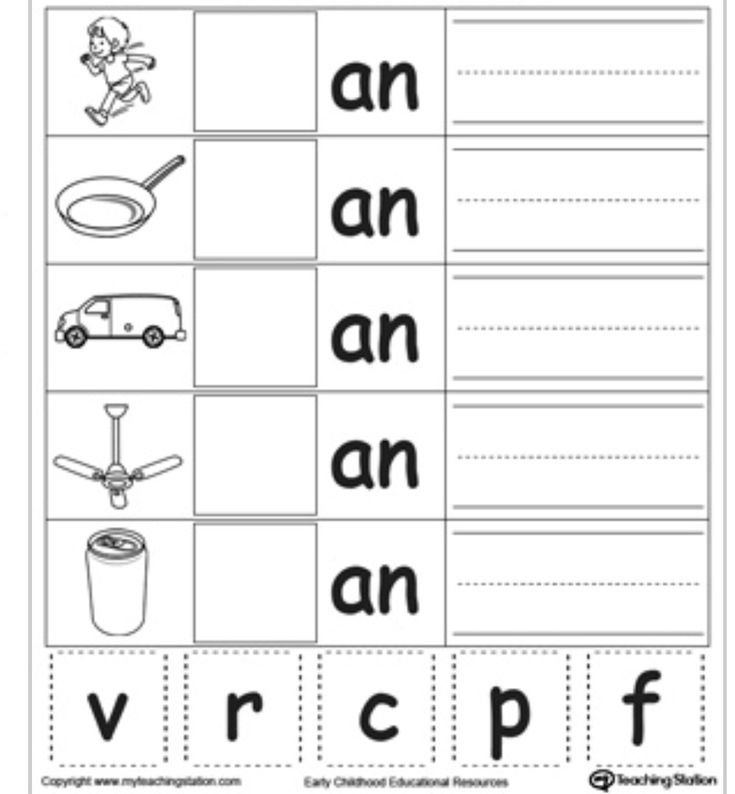 One player guesses a word to another, which he must explain to the others, but he can only use words starting with the letter "p" (any, except for the same root). That is, the word "house" will have to be explained, for example, as follows: "I built - I live." If you couldn’t guess right away, you can throw up additional associations: “building, premises, space, the simplest concept ...” And at the end add, for example, “Perignon” - by association with Dom Perignon champagne. If the guessers are close to winning, then the facilitator will need comments like “about”, “approximately”, “almost right” - or, in the opposite situation: “bad, wait!”. Usually, after the word is guessed, the explainer comes up with a new word and whispers it into the ear of the guesser - he becomes the next leader.
One player guesses a word to another, which he must explain to the others, but he can only use words starting with the letter "p" (any, except for the same root). That is, the word "house" will have to be explained, for example, as follows: "I built - I live." If you couldn’t guess right away, you can throw up additional associations: “building, premises, space, the simplest concept ...” And at the end add, for example, “Perignon” - by association with Dom Perignon champagne. If the guessers are close to winning, then the facilitator will need comments like “about”, “approximately”, “almost right” - or, in the opposite situation: “bad, wait!”. Usually, after the word is guessed, the explainer comes up with a new word and whispers it into the ear of the guesser - he becomes the next leader.
Lectures for children on this topic:
Course of lectures for children about the languages of the world
How many languages in the world, how do they differ and how are they similar to each other
Course of lectures for children about strange and new words of the Russian language
Why do linguists study jargon, parasitic words and speech errors
Primer "A.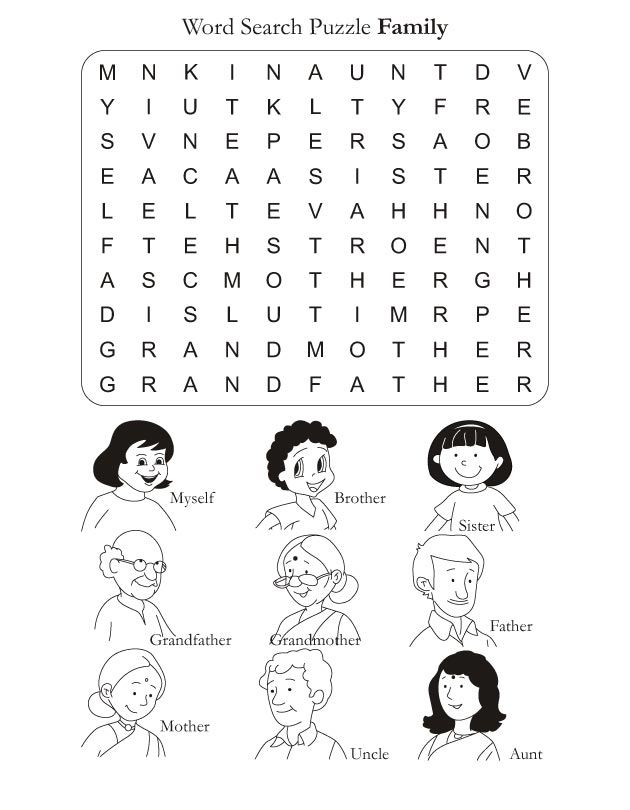 B. C. Trim, alphabet enchanté. Illustrations by Bertal. France, 1861 Wikimedia Commons
B. C. Trim, alphabet enchanté. Illustrations by Bertal. France, 1861 Wikimedia Commons Say the Same Thing
An upbeat and fast-paced game for two, named after a video clip by the inventive rock band OK Go, from which many people learned about it (the musicians even developed a mobile application that helps to play it from a distance, although it is currently unavailable). The meaning of the game is that on the count of one-two-three each of the players pronounces a randomly chosen word. Further, the goal of the players is, with the help of successive associations, to come to a common denominator: for the next time, two or three, both pronounce a word that is somehow connected with the previous two, and so on until the desired coincidence occurs. Suppose the first player said the word "house" and the second player said the word "sausage"; in theory, they can coincide very soon, if on the second move after one-two-three both say "store". But if one says “shop”, and the other says “refrigerator” (why not a sausage house?), then the game can drag on, especially since it’s impossible to repeat - neither the store nor the refrigerator will fit, and you will have to think, say, before "refrigerator" or "IKEI".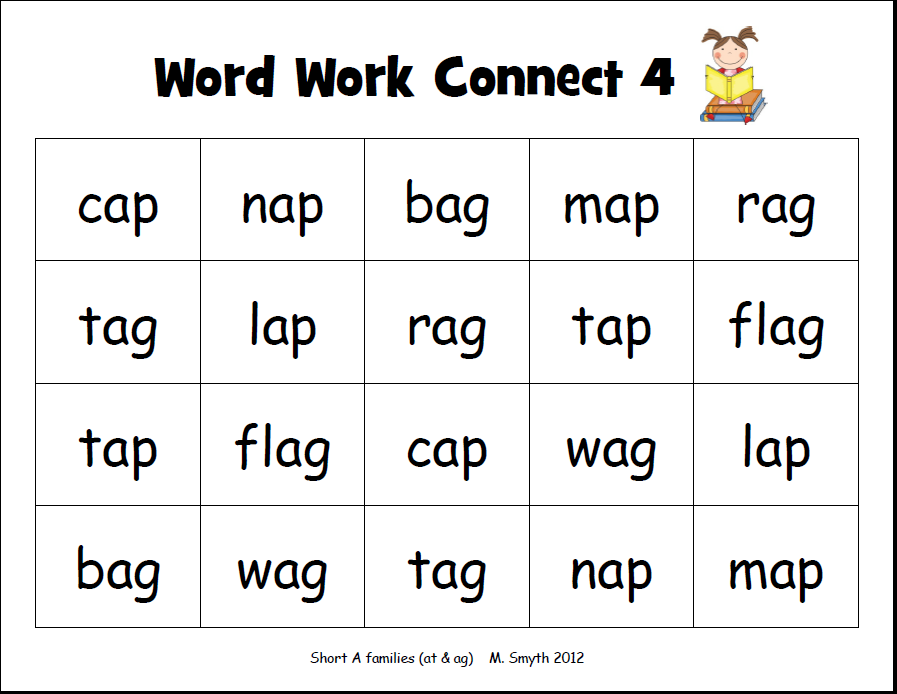 If the original words are far from each other (for example, "curb" and "weightlessness"), then the gameplay becomes completely unpredictable.
If the original words are far from each other (for example, "curb" and "weightlessness"), then the gameplay becomes completely unpredictable.
Characters
A game for the company (the ideal number of players is from four to ten), which requires from the participants not only good imagination, but also, preferably, a little bit of acting skills. As usual, one of the players briefly leaves the room, and while he is gone, the rest come up with a word, the number of letters in which matches the number of participants remaining in the room. Next, the letters are distributed among the players, and a character is invented for each of them (therefore, words that contain "b", "s" or "b" do not fit). Until the word is guessed, the players behave in accordance with the chosen character - the leader's task is to understand exactly what characters his partners portray and restore the hidden word. Imagine, for example, that a company consists of seven people. One leaves, the rest come up with a six-letter word "old man" and distribute roles among themselves: the first, say, will be with indoor, the second - t erpel, the third - a secondary, the fourth - p asylum, the fifth - and mane and sixth - to ovary.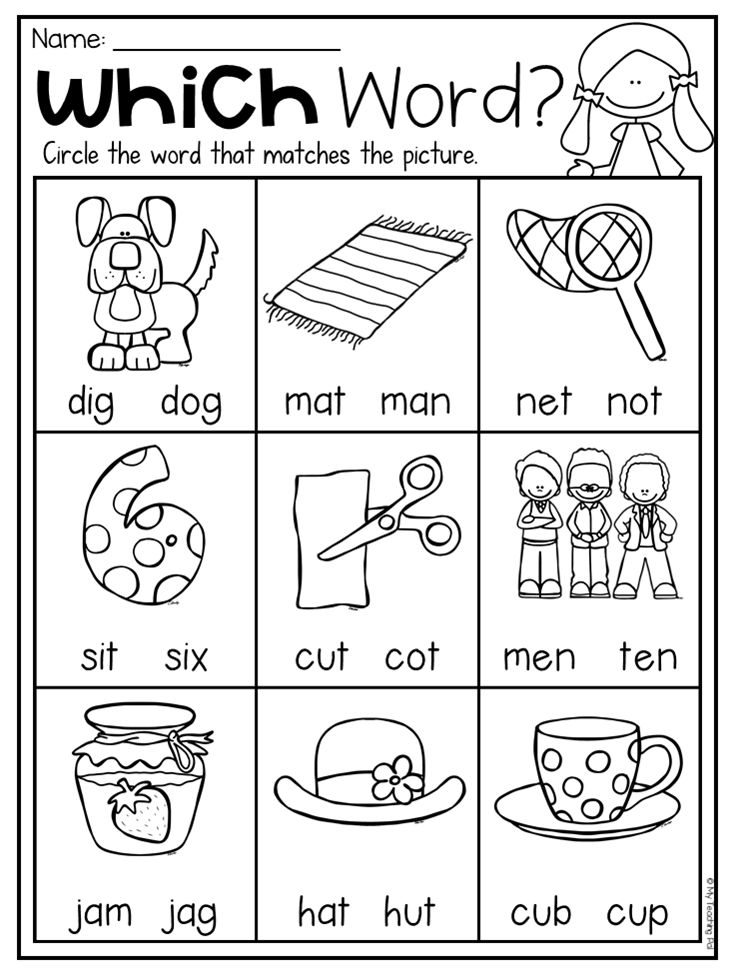 The returning player is greeted by a cacophony of voices - the company "lives" their roles until they are unraveled, and the host asks the players questions that help reveal their image. The only condition is that as soon as the presenter pronounces the correct character - for example, guesses the insidious one - he must admit that his incognito has been revealed and announce the number of his letter (in the word "old man" - the sixth).
The returning player is greeted by a cacophony of voices - the company "lives" their roles until they are unraveled, and the host asks the players questions that help reveal their image. The only condition is that as soon as the presenter pronounces the correct character - for example, guesses the insidious one - he must admit that his incognito has been revealed and announce the number of his letter (in the word "old man" - the sixth).
Recognize the song
A game for a company of four to five people. The host leaves, and the remaining players choose a well-known song and distribute its words among themselves - each word. For example, the song “Let there always be sun” is guessed: one player gets the word “let”, the second - “always”, the third - “will be”, the fourth - “sun”. The host returns and begins to ask questions - the most varied and unexpected: "What is your favorite city?", "Where does the Volga flow?", "What to do and who is to blame?".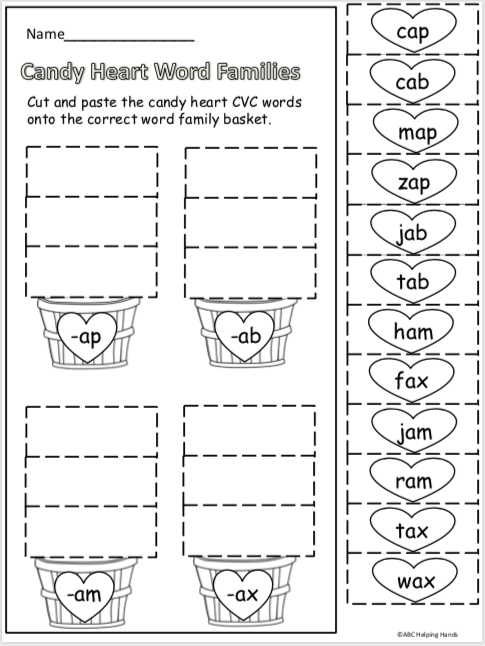 The task of the respondents is to use their own word in the answer and try to do it in such a way that it does not stand out too much; you need to answer quickly and not very extensively, but not necessarily truthfully. Answers to questions in this case can be, for example, “It’s hard for me to choose one city, but let today it will be Rio de Janeiro" or "Volga - into the Caspian, but this does not happen always , every third year it flows into the Black". The presenter must catch which word is superfluous in the answer and guess the song. They often play with lines from poetry rather than from songs.
The task of the respondents is to use their own word in the answer and try to do it in such a way that it does not stand out too much; you need to answer quickly and not very extensively, but not necessarily truthfully. Answers to questions in this case can be, for example, “It’s hard for me to choose one city, but let today it will be Rio de Janeiro" or "Volga - into the Caspian, but this does not happen always , every third year it flows into the Black". The presenter must catch which word is superfluous in the answer and guess the song. They often play with lines from poetry rather than from songs.
Tip
A game for four people divided into pairs (in principle, there can be three or four pairs). The mechanics is extremely simple: the first player from the first pair whispers a word (a common noun in the singular) into the ear of the first player from the second pair, then they must take turns calling their associations with this word (in the same form - common nouns; cognate words cannot be used ).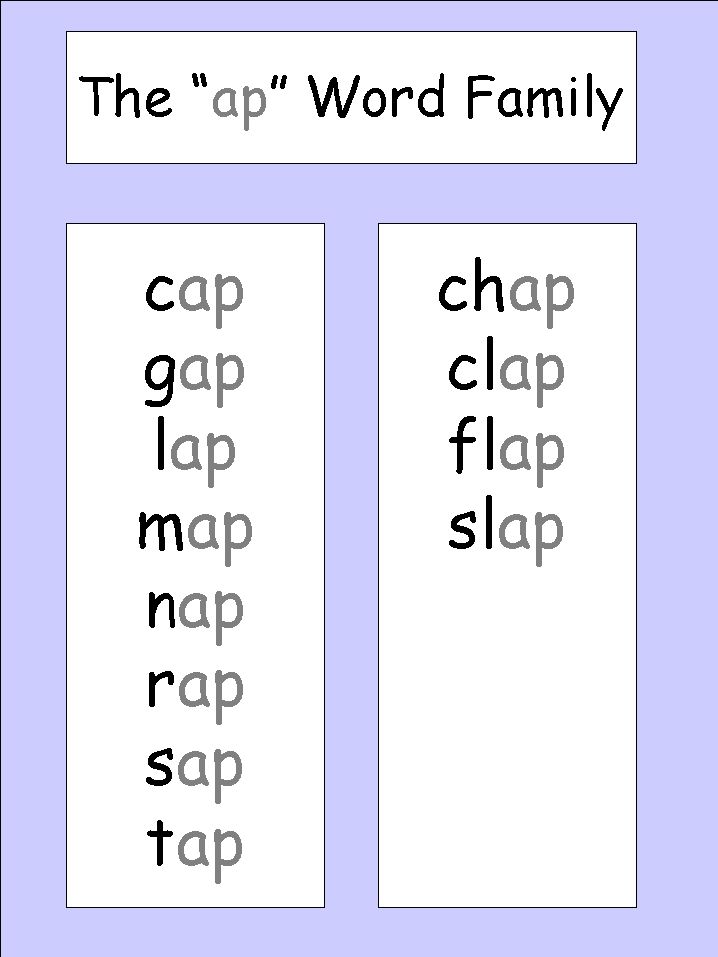 After each association, the teammate of the player who voiced it calls out his word, trying to guess if it was originally guessed - and so on, until the problem is solved by someone; at the same time, all associations already sounded in the game can be used in the future, adding one new one at each move. For example, suppose there are players A and B on one team, and C and D on the other. Player A whispers the word "old man" into player C's ear. Player C says aloud to his partner D: "age". If D immediately answers "old man", then the pair of C and D scores a point, but if he says, for example, "youth", then the move goes to player A, who, using the word "age" suggested by C (but discarding the irrelevant to the case "youth" from D), says to his partner B: "age, man." Now B will probably guess the old man - and his team with A will already earn a point. But if he says "teenager" (thinking that it is about the age when boys turn into men), then C, to whom the move suddenly returned, will say " age, man, eightieth birthday”, and here, probably, “old man” will be guessed.
After each association, the teammate of the player who voiced it calls out his word, trying to guess if it was originally guessed - and so on, until the problem is solved by someone; at the same time, all associations already sounded in the game can be used in the future, adding one new one at each move. For example, suppose there are players A and B on one team, and C and D on the other. Player A whispers the word "old man" into player C's ear. Player C says aloud to his partner D: "age". If D immediately answers "old man", then the pair of C and D scores a point, but if he says, for example, "youth", then the move goes to player A, who, using the word "age" suggested by C (but discarding the irrelevant to the case "youth" from D), says to his partner B: "age, man." Now B will probably guess the old man - and his team with A will already earn a point. But if he says "teenager" (thinking that it is about the age when boys turn into men), then C, to whom the move suddenly returned, will say " age, man, eightieth birthday”, and here, probably, “old man” will be guessed.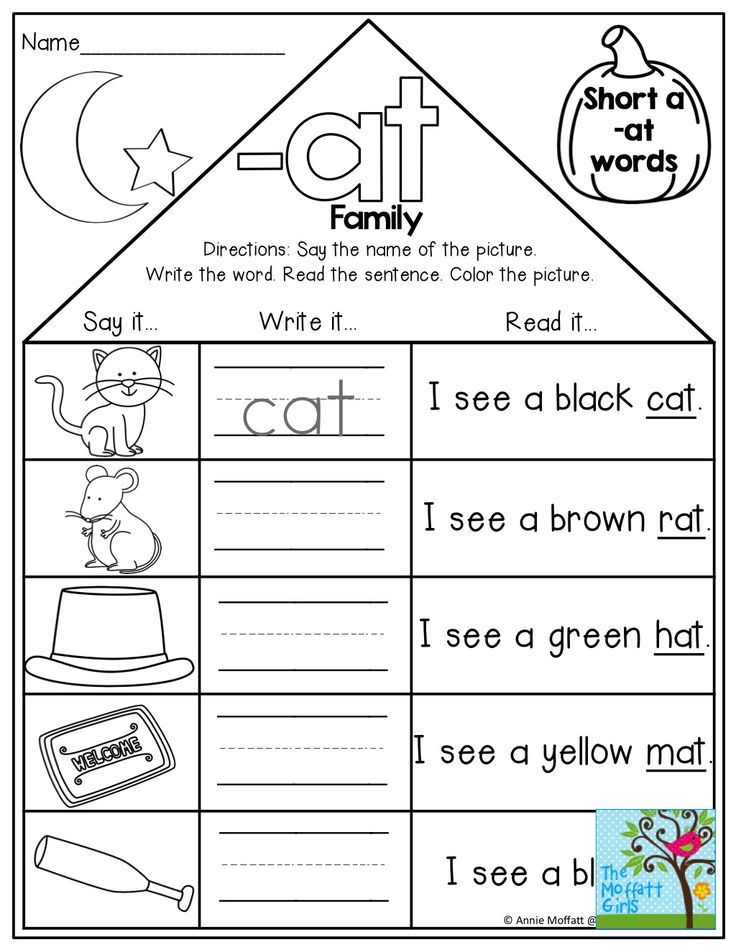 In one of the variants of the game, it is also allowed to "shout": this means that, having suddenly guessed what was meant, the player can shout out the option not on his turn. If he guessed right, his team will get a point, but if he rushed to conclusions, the team will lose a point. They usually play up to five points.
In one of the variants of the game, it is also allowed to "shout": this means that, having suddenly guessed what was meant, the player can shout out the option not on his turn. If he guessed right, his team will get a point, but if he rushed to conclusions, the team will lose a point. They usually play up to five points.
IPU
Game for a big company. Here we are forced to warn readers that, having seen this text in full, you will never be able to drive again - the game is one-time.
Spoiler →
First, the player who gets to drive leaves the room. When he returns, he must find out what MPS means - all that is known in advance is that the bearer of this mysterious abbreviation is present in the room right now. To find out the correct answer, the driver can ask other players questions, the answers to which should be formulated as “yes” or “no”: “Does he have blond hair?”, “Does he have blue eyes?”, “Is this a man?”, “He in jeans?", "Does he have a beard?"; moreover, each question is asked to a specific player, and not to all at once.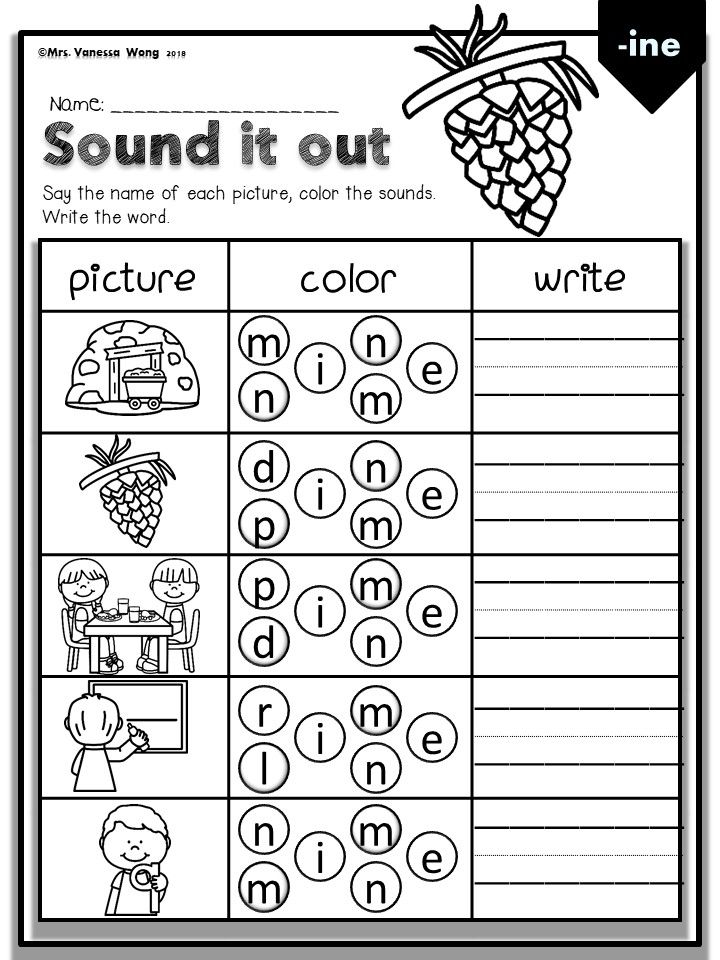 Most likely, it will quickly become clear that there is simply no person in the room who meets all the criteria; Accordingly, the question arises, according to what principle the players give answers. "Opening" this principle will help answer the main question - what is MPS. The Ministry of Railways is not the Ministry of Communications at all, but m oh p equal s seated (that is, each player always describes the person sitting to his right). Another option is COP, to then about answered n last (that is, everyone talks about who answered the previous question).
Most likely, it will quickly become clear that there is simply no person in the room who meets all the criteria; Accordingly, the question arises, according to what principle the players give answers. "Opening" this principle will help answer the main question - what is MPS. The Ministry of Railways is not the Ministry of Communications at all, but m oh p equal s seated (that is, each player always describes the person sitting to his right). Another option is COP, to then about answered n last (that is, everyone talks about who answered the previous question).
Contact
A simple game that can be played with a group of three or more people. One thinks of a word (noun, common noun, singular) and calls its first letter aloud, the task of the others is to guess the word, remembering other words with this letter, asking questions about them and checking if the presenter guessed.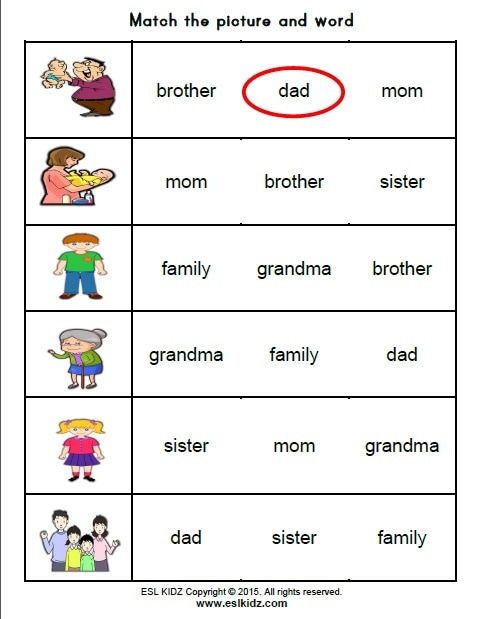 The facilitator's task is not to reveal the next letters in the word to the players for as long as possible. For example, a word with the letter "d" is guessed. One of the players asks the question: “Is this by chance not the place where we live?” This is where the fun begins: the host must figure out as quickly as possible what the player means and say “No, this is not“ house ”” (well, or, if it was a“ house ”, honestly admit it). But in parallel, other players also think the same thing, and if they understand what “house” means before the leader, then they say: “contact” or “there is contact”, and start counting up to ten in chorus (while the count is going on, the presenter still has a chance to escape and guess what it is about!), and then they call the word. If at least two matched, that is, at the expense of ten they said “house” in chorus, the presenter must reveal the next letter, and the new guesser version will already begin with the now known letters “d” + the next one. If it was not possible to beat the host on this question, then the guessers offer a new option.
The facilitator's task is not to reveal the next letters in the word to the players for as long as possible. For example, a word with the letter "d" is guessed. One of the players asks the question: “Is this by chance not the place where we live?” This is where the fun begins: the host must figure out as quickly as possible what the player means and say “No, this is not“ house ”” (well, or, if it was a“ house ”, honestly admit it). But in parallel, other players also think the same thing, and if they understand what “house” means before the leader, then they say: “contact” or “there is contact”, and start counting up to ten in chorus (while the count is going on, the presenter still has a chance to escape and guess what it is about!), and then they call the word. If at least two matched, that is, at the expense of ten they said “house” in chorus, the presenter must reveal the next letter, and the new guesser version will already begin with the now known letters “d” + the next one. If it was not possible to beat the host on this question, then the guessers offer a new option.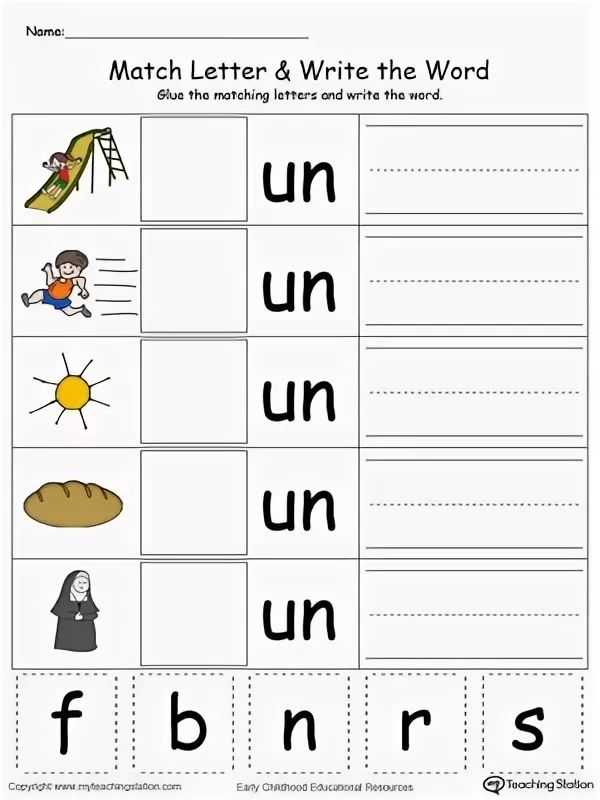 Of course, it makes sense to complicate the definitions, and not ask everything directly - so the question about "home" would sound better like "Is this not where the sun rises?" (with a reference to the famous song "House of the Rising Sun" by The Animals). Usually, the one who eventually gets to the searched word (names it or asks a question leading to victory) becomes the next leader.
Of course, it makes sense to complicate the definitions, and not ask everything directly - so the question about "home" would sound better like "Is this not where the sun rises?" (with a reference to the famous song "House of the Rising Sun" by The Animals). Usually, the one who eventually gets to the searched word (names it or asks a question leading to victory) becomes the next leader.
Writing games
Encyclopedia
Not the fastest, but extremely exciting game for a company of four people - you will need pens, paper and some kind of encyclopedic dictionary (preferably not limited thematically - that is, TSB is better than a conditional "biological encyclopedia"). The host finds a word in the encyclopedia that is unknown to anyone present (here it remains to rely on their honesty - but cheating in this game is uninteresting and unproductive).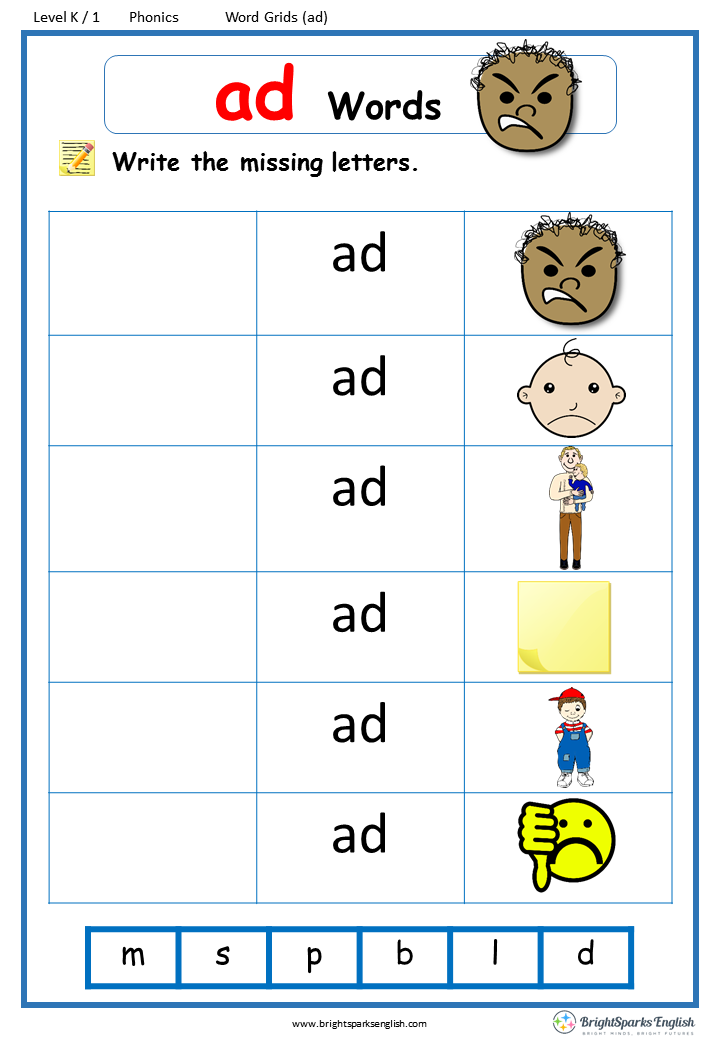 The task of each of the players is to write an encyclopedic definition of this word, inventing its meaning from the head and, if possible, disguising the text as a real small encyclopedic article. The presenter, meanwhile, carefully rewrites the real definition from the encyclopedia. After that, the “articles” are shuffled and read out by the presenter in random order, including the real one, and the players vote for which option seems most convincing to them. In the end, the votes are counted and points are distributed. Any player receives a point for correctly guessing the real definition and one more point for each vote given by other participants to his own version. After that, the sheets are distributed back and a new word is played out - there should be about 6-10 of them in total. You can also play this game in teams: come up with imaginary definitions collectively. The game "poems" is arranged in a similar way - but instead of a compound word, the host selects two lines from some little-known poem in advance and invites the participants to add quatrains.
The task of each of the players is to write an encyclopedic definition of this word, inventing its meaning from the head and, if possible, disguising the text as a real small encyclopedic article. The presenter, meanwhile, carefully rewrites the real definition from the encyclopedia. After that, the “articles” are shuffled and read out by the presenter in random order, including the real one, and the players vote for which option seems most convincing to them. In the end, the votes are counted and points are distributed. Any player receives a point for correctly guessing the real definition and one more point for each vote given by other participants to his own version. After that, the sheets are distributed back and a new word is played out - there should be about 6-10 of them in total. You can also play this game in teams: come up with imaginary definitions collectively. The game "poems" is arranged in a similar way - but instead of a compound word, the host selects two lines from some little-known poem in advance and invites the participants to add quatrains.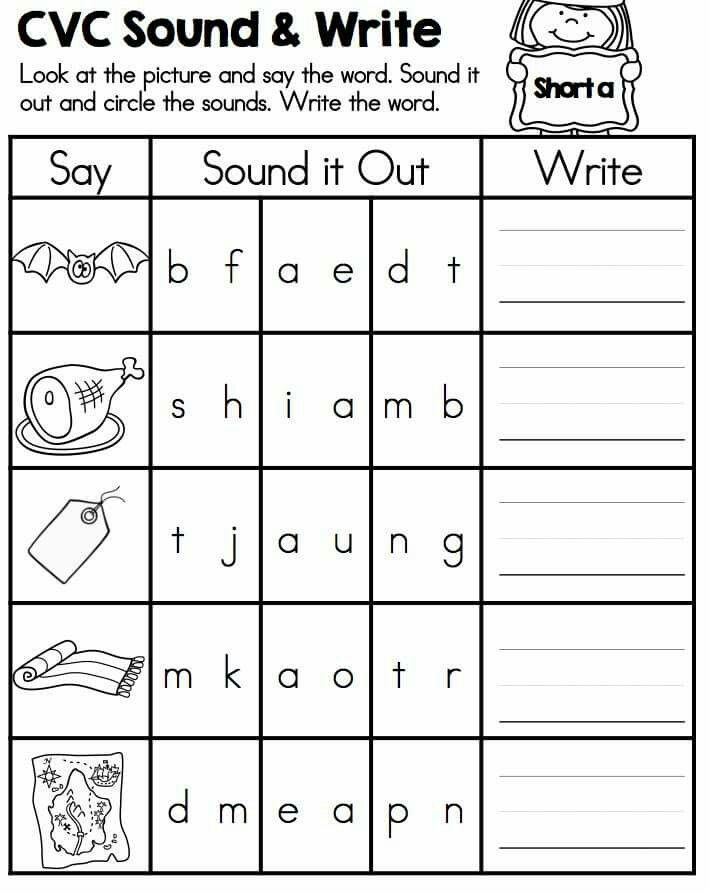
Game from Inglourious Basterds
A game for a company of any size that many knew before the Quentin Tarantino film, but it does not have a single name. Each player invents a role for his neighbor (usually it is some famous person), writes it on a piece of paper and sticks the piece of paper on his neighbor's forehead: accordingly, everyone sees what role someone has, but does not know who they are. The task of the participants is, with the help of leading questions, the answers to which are formulated as “yes” or “no” (“Am I a historical figure?”, “Am I a cultural figure?”, “Am I a famous athlete?”), to find out who exactly they are. In this form, however, the game exhausts itself rather quickly, so you can come up with completely different themes and instead of famous people play, for example, in professions (including exotic ones - "carousel", "taxidermist"), in film and literary heroes (you can mix them with real celebrities, but it’s better to agree on this in advance), food (one player will be risotto, and the other, say, green cabbage soup) and even just items.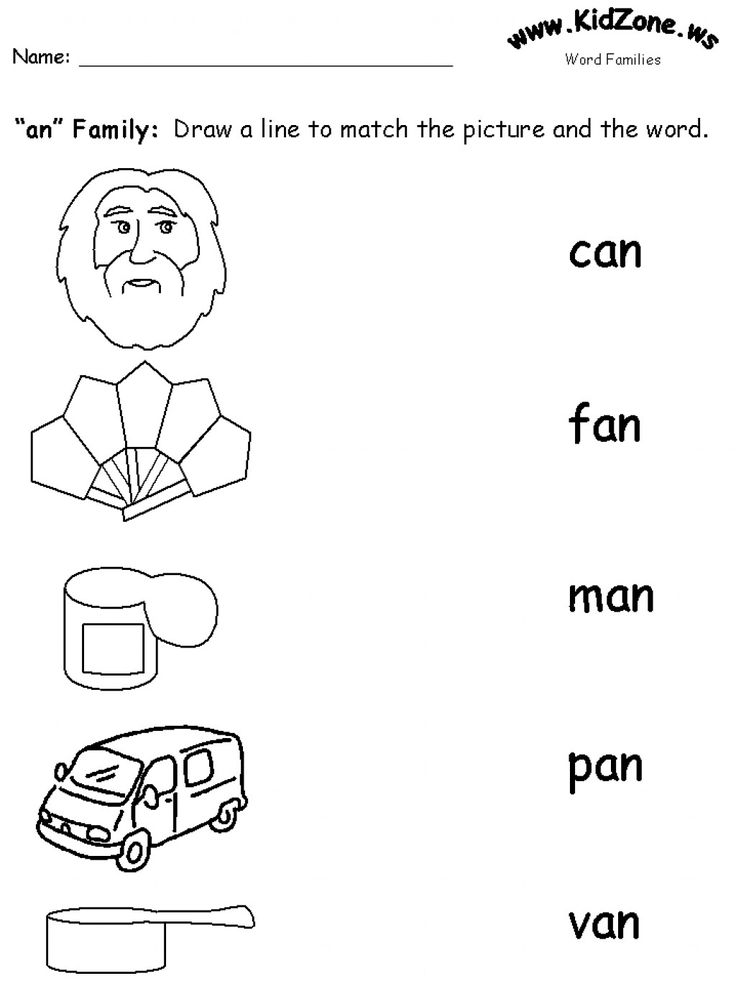
Bulls and cows
A game for two: one participant thinks of a word, and it is agreed in advance how many letters should be in it (usually 4-5). The task of the second is to guess this word by naming other four- or five-letter words; if some letters of the named word are in the hidden one, they are called cows, and if they have the same place inside the word, then these are bulls. Let's imagine that the word "eccentric" is conceived. If the guesser says “dot”, then he receives an answer from the second player: “three cows” (that is, the letters “h”, “k” and “a”, which are in both “eccentric” and “dot”, but in different places). If he then says "head of head", he will no longer get three cows, but two cows and one bull - since the letter "a" in both "eccentric" and "head" is in the fourth position. As a result, sooner or later, it is possible to guess the word, and the players can change places: now the first one will guess the word and count the bulls and cows, and the second one will name his options and track the extent to which they coincide with the one guessed.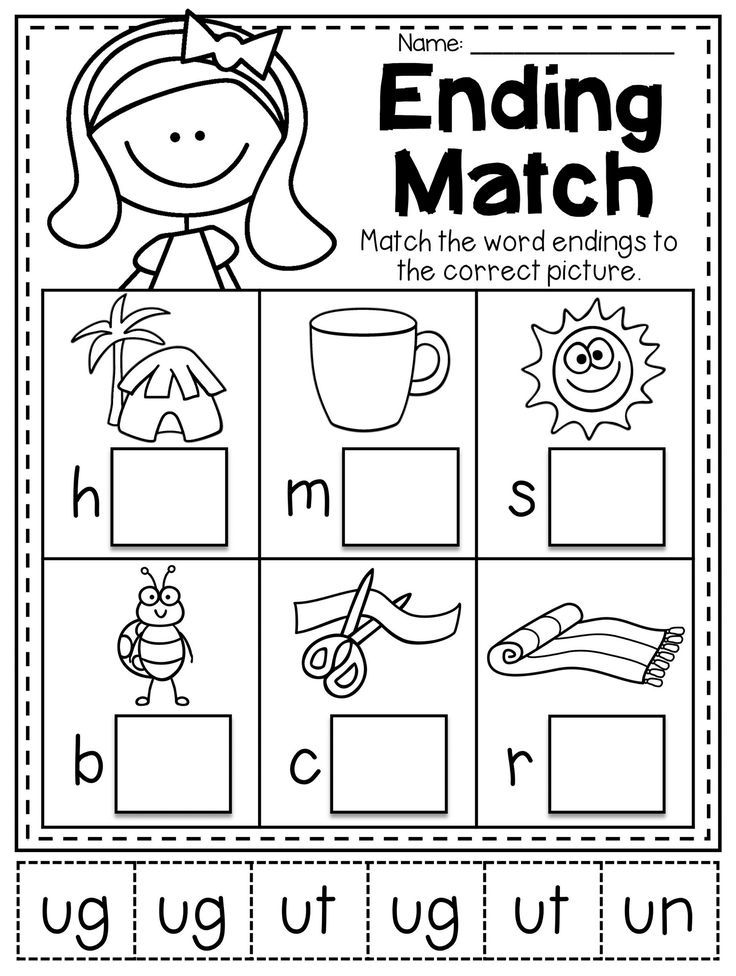 You can also complicate the process by simultaneously guessing your own word and guessing the opponent's word.
You can also complicate the process by simultaneously guessing your own word and guessing the opponent's word.
Intellect
Writing game for the company (but you can also play together), consisting of three rounds, each for five minutes. In the first, players randomly type thirteen letters (for example, blindly poking a book page with their finger) and then form words from them, and only long ones - from five letters. In the second round, you need to choose a syllable and remember as many words as possible that begin with it, you can use single-root ones (for example, if the syllable "house" is selected, then the words "house", "domra", "domain", "domain", "brownie", "housewife", etc.). Finally, in the third round, the syllable is taken again, but now you need to remember not ordinary words, but the names of famous people of the past and present in which it appears, and not necessarily at the beginning - that is, both Karamzin and McCartney will fit the syllable "kar" , and, for example, Hamilcar.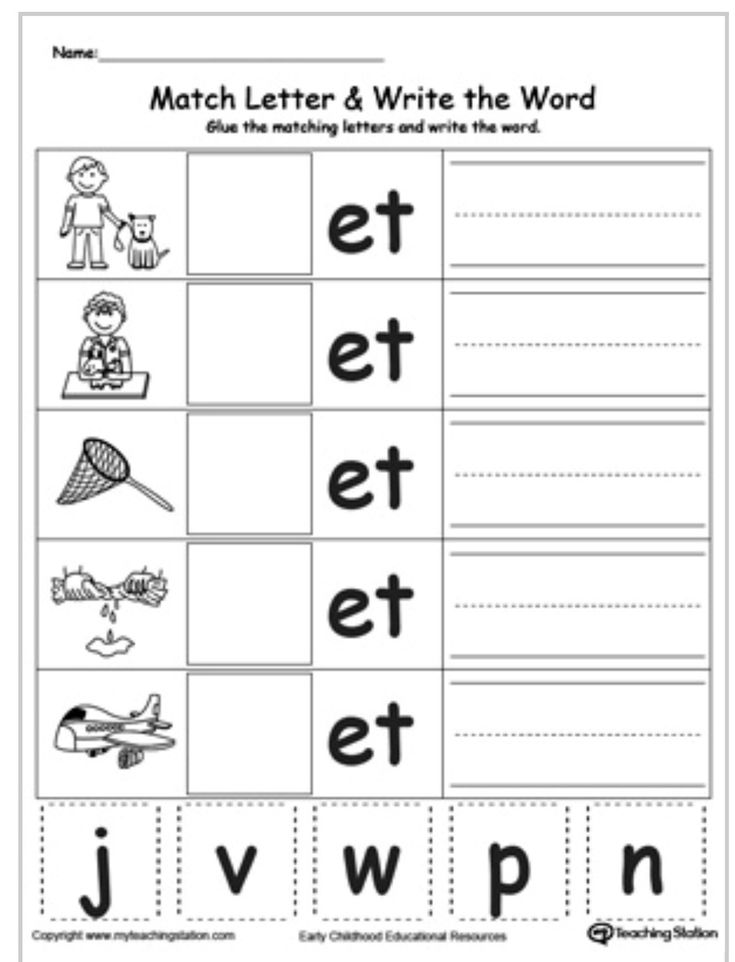 An important detail: since this round provokes the most disputes and scams, game participants can ask each other to prove that this person is really a celebrity, and here you need to remember at least the profession and country. Typical dialogue: "What, you don't know Hamilcar? But this is a Carthaginian commander!” After each round, points are counted: if a particular word is the same for all players, it is simply crossed out, in other cases, players are awarded as many points for it as the opponents could not remember it. In the first round, you can still add points for especially long words. Based on the results of the rounds, it is necessary to determine who took the first, second, third and other places, and add up these places at the end of the game. The goal is to get the smallest number at the output (for example, if you were the winners of all three rounds, then you will get the number 3 - 1 + 1 + 1, and you are the champion; less cannot be purely mathematical).
An important detail: since this round provokes the most disputes and scams, game participants can ask each other to prove that this person is really a celebrity, and here you need to remember at least the profession and country. Typical dialogue: "What, you don't know Hamilcar? But this is a Carthaginian commander!” After each round, points are counted: if a particular word is the same for all players, it is simply crossed out, in other cases, players are awarded as many points for it as the opponents could not remember it. In the first round, you can still add points for especially long words. Based on the results of the rounds, it is necessary to determine who took the first, second, third and other places, and add up these places at the end of the game. The goal is to get the smallest number at the output (for example, if you were the winners of all three rounds, then you will get the number 3 - 1 + 1 + 1, and you are the champion; less cannot be purely mathematical).
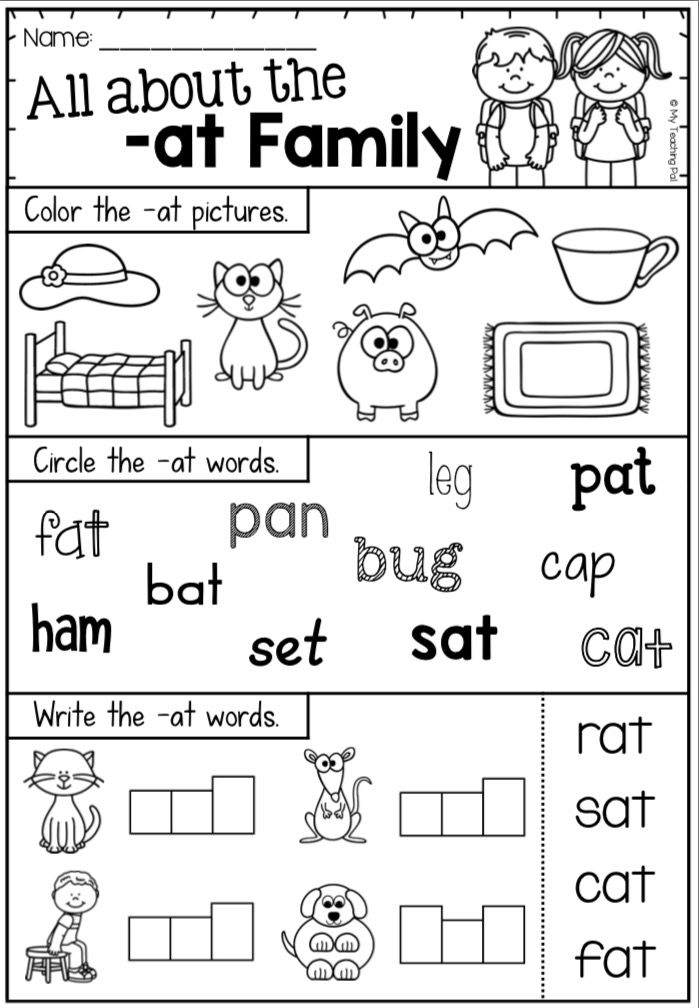 B. C. Trim, alphabet enchanté. Illustrations by Bertal. France, 1861 Wikimedia Commons
B. C. Trim, alphabet enchanté. Illustrations by Bertal. France, 1861 Wikimedia Commons Frame
A game for any number of people, which was invented by one of the creators of the Kaissa chess program and the author of the anagram search program Alexander Bitman. First, the players choose several consonants - this will be the frame, the skeleton of the word. Then the time is recorded (two or three minutes), and the players begin to “stretch” vowels (as well as “й”, “ь”, “ъ”) onto the frame to make existing words. Consonants can be used in any order, but only once, and vowels can be added in any number. For example, players choose the letters "t", "m", "n" - then the words "fog", "cloak", "mantle", "coin", "darkness", "ataman", "dumbness" and other. The winner is the one who can come up with more words (as usual, these should be common nouns in the singular). The game can be played even with one letter, for example, "l". The words “silt”, “lay”, “yula”, “aloe”, “spruce” are formed around it, and if we agree that the letter can be doubled, “alley” and “lily”.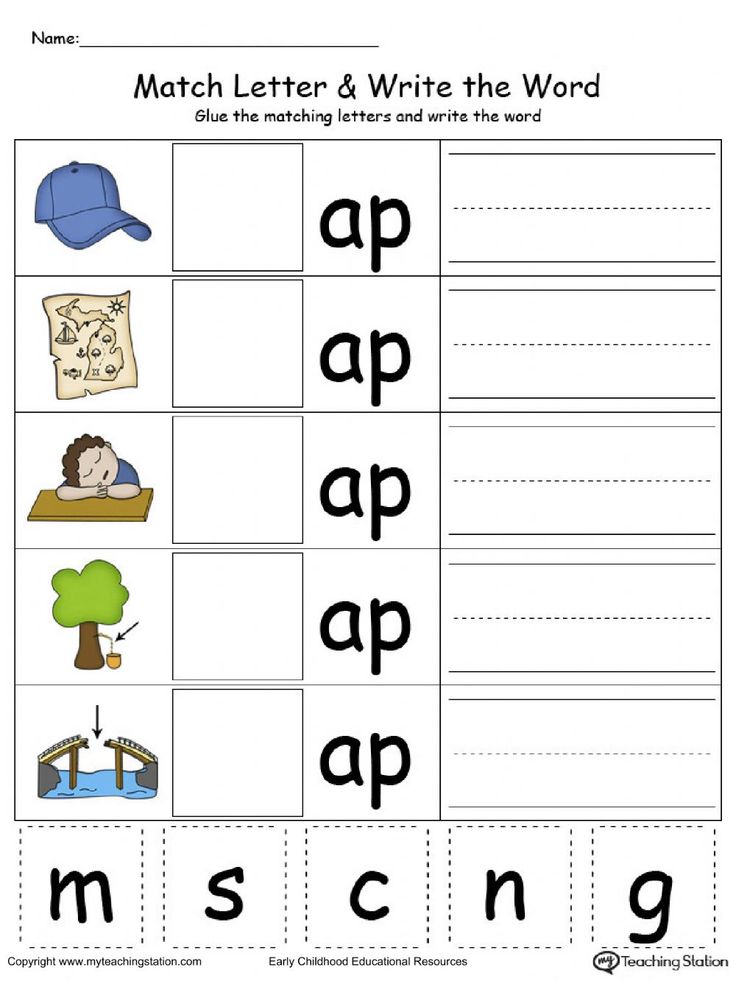 If the standard "framework" is mastered, then the task may be to compose a whole phrase with one consonant: a textbook example from the book by Evgeny Gik - "Bobby, kill the boy and beat the woman at the baobab."
If the standard "framework" is mastered, then the task may be to compose a whole phrase with one consonant: a textbook example from the book by Evgeny Gik - "Bobby, kill the boy and beat the woman at the baobab."
Chain of words
Game for any number of players. Many people know it under the name "How to make an elephant out of a fly", and it was invented by the writer and mathematician Lewis Carroll, the author of "Alice". The “chain” is based on metagram words, that is, words that differ by only one letter. The task of the players is to turn one word into another with the least number of intermediate links. For example, let's make a "goat" from a "fox": FOX - LINDE - PAW - KAPA - KARA - KORA - GOAT. It is interesting to give tasks with a plot: so that the “day” turns into “night”, the “river” becomes the “sea”. The well-known chain, where the "elephant" grows out of the "fly", is obtained in 16 moves: FLY - MURA - TURA - TARA - KARA - KARE - CAFE - KAFR - MURDER - KAYUK - HOOK - URIK - LESSON - TERM - DRAIN - STON - ELEPHANT (example of Evgeny Gik).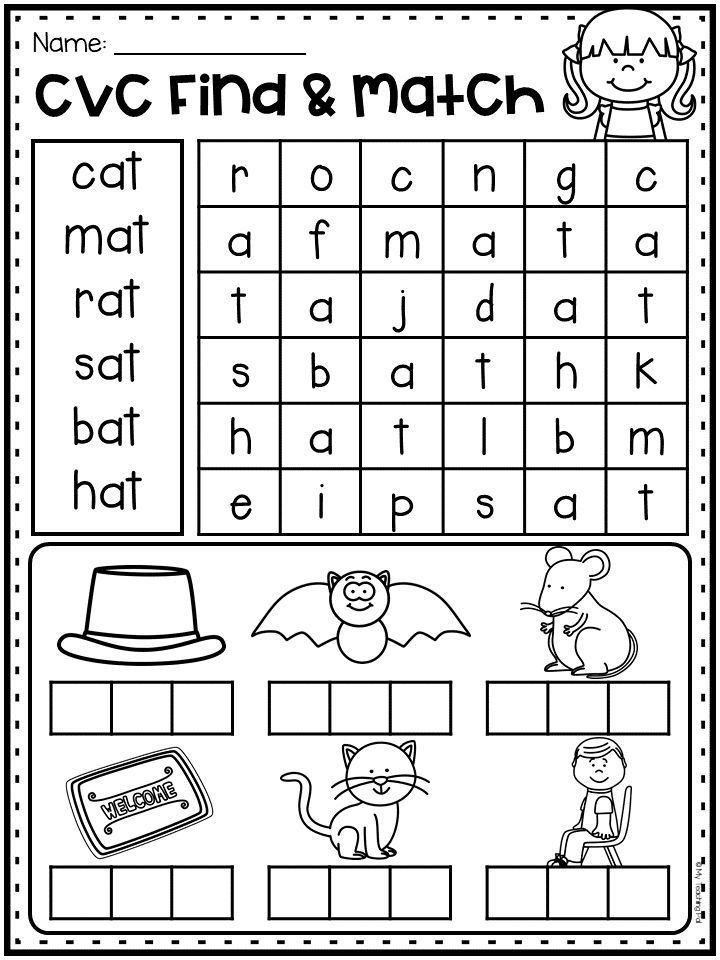 For training, you can compete in the search for metagrams for any word. For example, the word "tone" gives "sleep", "background", "current", "tom", "tan" and so on - whoever scores more options wins.
For training, you can compete in the search for metagrams for any word. For example, the word "tone" gives "sleep", "background", "current", "tom", "tan" and so on - whoever scores more options wins.
Hat
A game for a company of four people, requiring simple equipment: pens, paper and a “hat” (an ordinary plastic bag will do). Sheets of paper need to be torn into small pieces and distributed to the players, the number of pieces depends on how many people are playing: the larger the company, the less for each. Players write words on pieces of paper (one for each piece of paper) and throw them into the "hat". There are also options here - you can play just with words (noun, common noun, singular), or you can play with famous people or literary characters. Then the participants are divided into teams - two or more people each; the task of each - in 20 seconds (or 30, or a minute - the timing can be set at your own choice) to explain to your teammates the largest number of words arbitrarily pulled out of the "hat", without using the same root.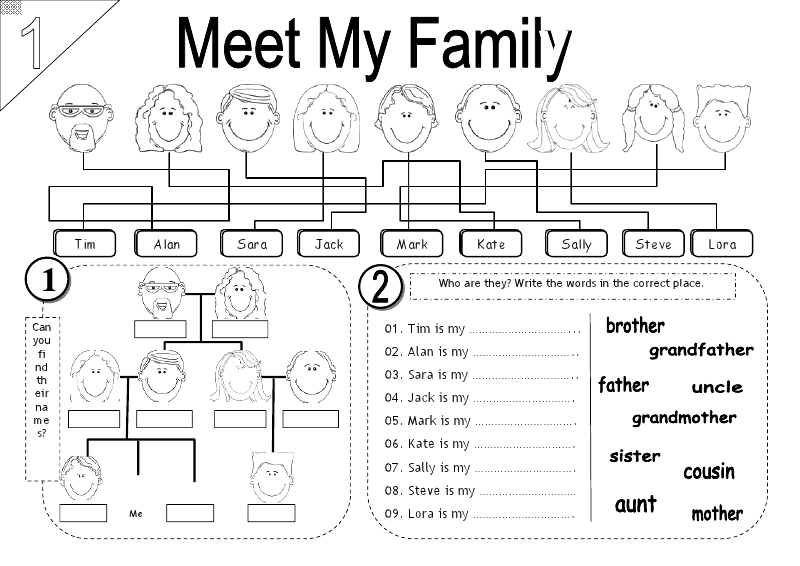 If the driver could not explain a word, it returns to the hat and will be played by the other team. At the end of the game, the words guessed by different representatives of the same team are summed up, their number is counted, and the team that has more pieces of paper is awarded the victory. A popular version of the game: everything is the same, but in the first round the players explain the words (or describe the characters) orally, in the second round they show in pantomime, in the third round they explain the same words in one word. And recently a board game has appeared, where you need not only to explain and show, but also to draw.
If the driver could not explain a word, it returns to the hat and will be played by the other team. At the end of the game, the words guessed by different representatives of the same team are summed up, their number is counted, and the team that has more pieces of paper is awarded the victory. A popular version of the game: everything is the same, but in the first round the players explain the words (or describe the characters) orally, in the second round they show in pantomime, in the third round they explain the same words in one word. And recently a board game has appeared, where you need not only to explain and show, but also to draw.
Telegrams
Game for any number of players. The players choose a word, for each letter of which they will need to come up with a part of the telegram - the first letter will be the beginning of the first word, the second - the second, and so on. For example, the word "fork" is selected. Then the following message can become a telegram: “The camel is healed. I'm flying a crocodile. Aibolit". Another round of the game is the addition of genres. Each player gets the task to write not one, but several telegrams from the same word - business, congratulatory, romantic (the types of messages are agreed in advance). Telegrams are read aloud, the next word is chosen.
I'm flying a crocodile. Aibolit". Another round of the game is the addition of genres. Each player gets the task to write not one, but several telegrams from the same word - business, congratulatory, romantic (the types of messages are agreed in advance). Telegrams are read aloud, the next word is chosen.
even more different games for one or a company
Home games
Shadow theater, crafts and paper dolls from children's books and magazines of the XIX-XX centuries Ring and other games
Games from classic books
What do the heroes of the works of Nabokov, Lindgren and Milne play
A children's course on where games, jokes, horror stories and memes come from and why we need them
Children's room
Special project
Children's room Arzamas
Sources
- Balandin B.
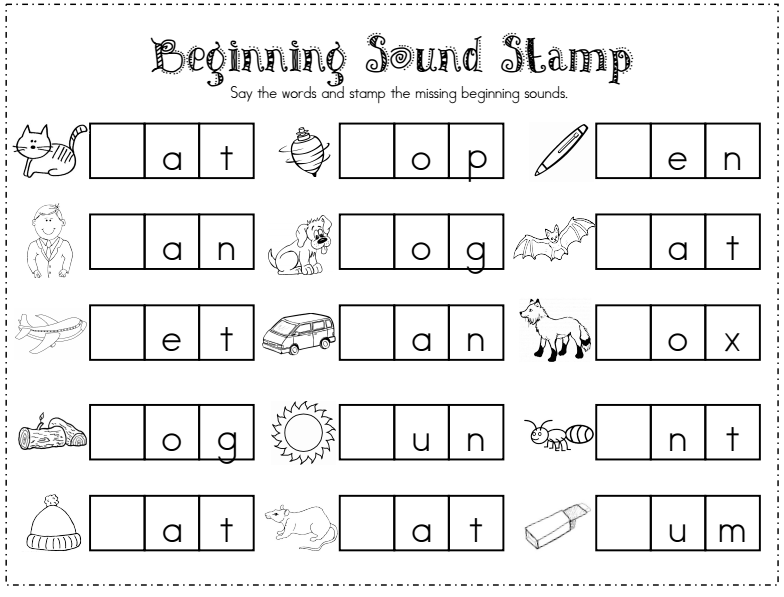 B. Big book of intellectual games and entertaining questions for smart people and smart girls.
B. Big book of intellectual games and entertaining questions for smart people and smart girls. M., 2008.
- Bocharova A. G., Goreva T. M., Okun V. Ya. 500 wonderful children's games.
M., 1999.
- Geek E. Ya. Entertaining mathematical games.
M., 1987.
- Fedin S. N. The best games with words.
M., 2001.
- Firsova L. M. Games and entertainment. Book 1.
M., 1989.
Tags
Children
Game
Entertainment
10 quotes from Vsevolod Petrov
Artificials, Author of the Tvyatdeskaya Manon Lesko, Vsevolod Petrov - about the dream of falling from the table at Kharms, Secretary of Art , the horror of dying and the room as a reflection of the biography
© Arzamas 2023. All rights reserved
Games for the whole family at home
Updated: 06. 02.2023
02.2023
Weekends and holidays are so nice to get together with the whole family and spend time together. It's great if all loved ones are united by some common hobby or tradition. Today I want to tell you what games for the whole family at home have helped my family more than once to have fun and profitably. These games can be played with children, moreover, the little family members will be delighted with them no less than adults, because the main thing is a pleasant, loving company.
11 notes
The facilitator prepares 11 notes, each of which is hidden in different places in the house. Each note has a clue as to where the next note lies. At the end, the last note will indicate where the treasure is kept.
Treasure can be any gift that will please the family, for example, a box of delicious cookies for home tea after a fun family game.
By the way, there can be as many notes as you like - less or more, as long as the presenter has enough imagination.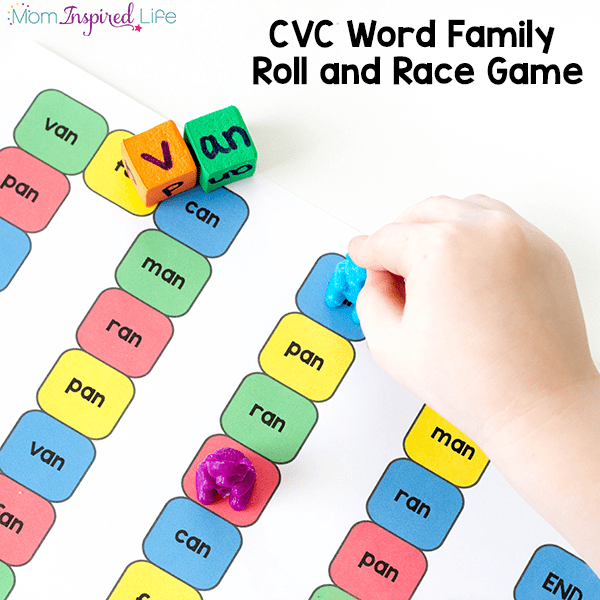
An example of tasks for the game 11 notes. Give the first note to the player.
| 1 | The second note is waiting for you where everyone opens the house. | door |
| 2 | It is hot everywhere, I'm waiting for you on ... | battery |
| 3 | When the sun is not in the window, it shines instead of the sun. | lamp |
| 4 | You like to relax there, come and pick me up at … | bed |
| 5 | I'm waiting for you in your shoes, let's quickly look for me. | shoes |
| 6 | You look at him in the morning, I'll wait for you. | mirror |
| 7 | He is huge, like a giraffe, I keep everything in no. This is … | closet |
| 8 | Search before I get cold. When I freeze it will be too late. | refrigerator |
| 9 | In it, things are spinning in the water, I am where cleanliness is everywhere.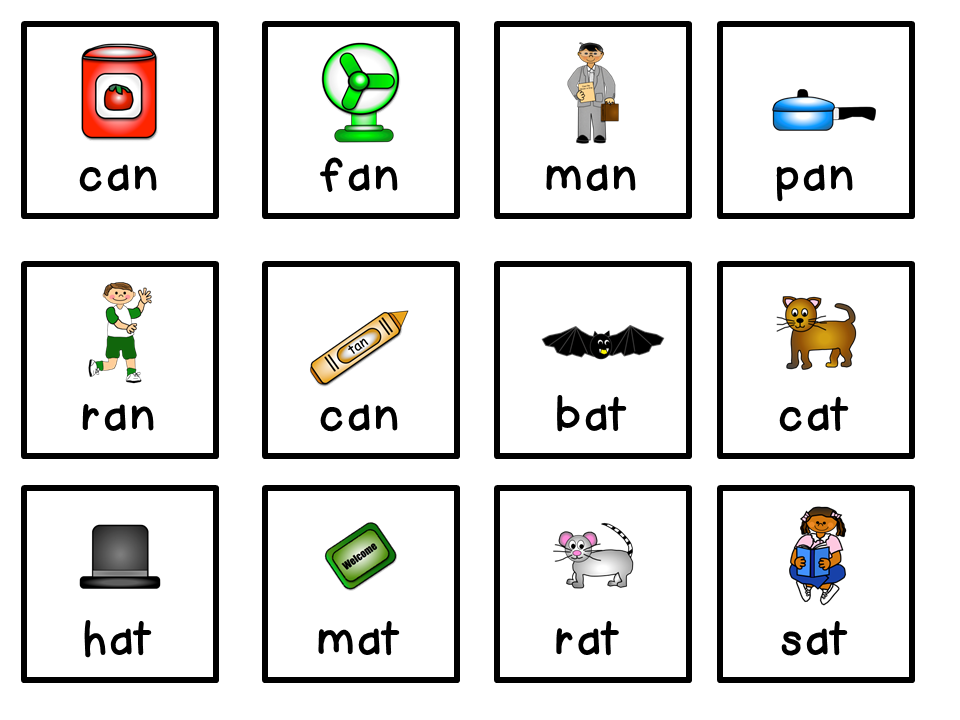 | washing machine |
| 10 | You rest in it in the water, let's hurry to me. | bath |
| 11 | The gift is waiting. What do you open when you let air into the house? | Gift on the windowsill |
An even more original version of this game is a quest to find a gift.
Who am I?
A popular and fun family game that both adults and children will take part in.
Cards with the names of animals, edible items are prepared in advance. This can be agreed in advance. A piece of tape is attached to each card. Each player chooses one card without seeing what is written on it and sticks it on his forehead. It turns out that each player sees what is written by everyone, but does not see what is written by him. With the help of leading questions, such as “Am I a human or an animal?”, “Am I alive or not?”, “Do I have hair or not?” Everyone has to guess what the word is on their card.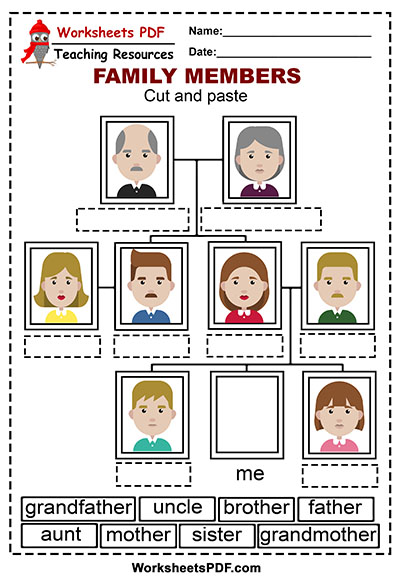
Here you need to take into account the age of the players and write down those words on the cards that are familiar to everyone. No less popular game for the whole family at home. A leader is chosen, to which any items from each player are added to the bag - a scarf, hairpin, glasses or something else. The leader turns away. One of the players takes out any item at random from the bag and asks, "What should this phantom do?". The facilitator comes up with a task. The one whose item was taken out performs the task and takes the item back. If he refuses to complete the task, the thing is given to the one who will complete the task for him.
The tasks for this game must be understandable and achievable by all players. For example:
- Swate a song or tell a verse
- Picture a boiling kettle
- Pass a certain distance with a ball of the ball
- Draw a face
- Lemon and do not freeze 73
- Flomasters in a dold of serge "Happy New Year" or "Happy Birthday" or any other phrase, replacing all vowels with the letter O
I was born a gardener
A fun family game that will be especially interesting for children. The host is chosen, the rest of the players choose for themselves by the name of the flower. The gardener pronounces the phrase:
The host is chosen, the rest of the players choose for themselves by the name of the flower. The gardener pronounces the phrase:
I was born a gardener,
I was seriously angry!
I'm tired of all the flowers,
Except... (and says the name of any flower chosen by the players)
The player whose name of the flower was spoken must respond:
- Oops!
- What's wrong with you? - asks the gardener
- In love - answers "flower"
- Whom? - the gardener asks
- B ... (the name of another flower is called)
Another flower also responds
- Oh!
And the dialogue continues in the same way. You can also use the gardener's name. That player. Who forgot the name of the flower and could not decide who to choose becomes a gardener. It is interesting when each player must answer the question quickly, i.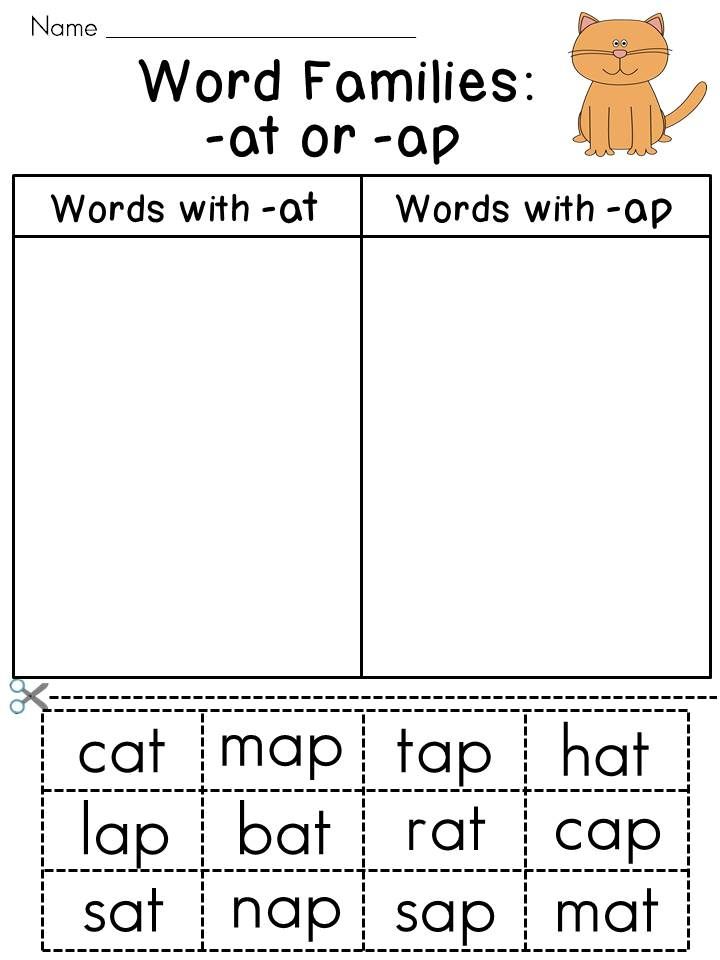 e. there is a time frame in which you need to have time to answer the question. This game is about attention and speed.
e. there is a time frame in which you need to have time to answer the question. This game is about attention and speed.
Crocodile
Fun game for the whole family with words. Cards with various words are prepared in advance (nouns if you want it to be easier to play and adjectives if you want the game to be more difficult). The facilitator chooses any card and tries to depict what is written on it. Words cannot be spoken. Answer questions only with nods - yes or no. That. Who guessed the word - becomes the leader.
You can limit the time of the player representing the object.
Try to think of words that will be understood by all the players: Face, crown, cat, knight, runner, swimmer, calendar, train, book, TV, alarm clock, sea, bell and others.
Treasure Hunt
Cut out paper arrows and mark the path to different places in the house where surprises were previously hidden. It can be both sweets and any other treats or real surprises and gifts.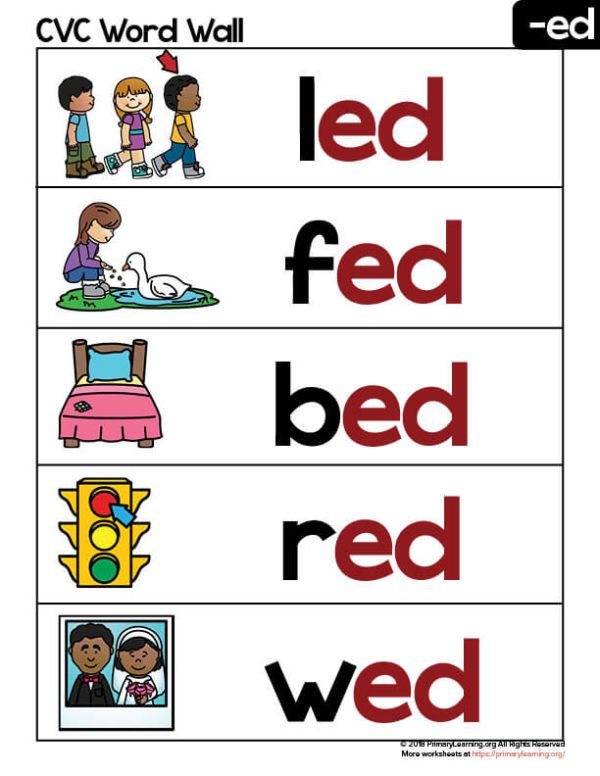 Such a quest or how fashionable it is now to say a challenge will not leave anyone indifferent! In each of us lives a researcher with a child's soul.
Such a quest or how fashionable it is now to say a challenge will not leave anyone indifferent! In each of us lives a researcher with a child's soul.
Edible\Inedible
This game is familiar to everyone since childhood, but many people forget that you can play it at home. The conditions are simple. The facilitator throws a ball or any other soft object to the player and says the name of any object - edible or not, for example, watermelon, tomato, nails, potatoes, table, and so on. The player's task is to catch the ball if the object is edible or to return it if it is inedible. The one who does not guess first becomes the leader.
Memory or find a pair
example of cards for memory with aliexpress
A very interesting and popular game for family leisure. Both adults and children can participate in it. Now there are many ready-made sets with cards for sale, but you can make them yourself, for example, from colored cardboard.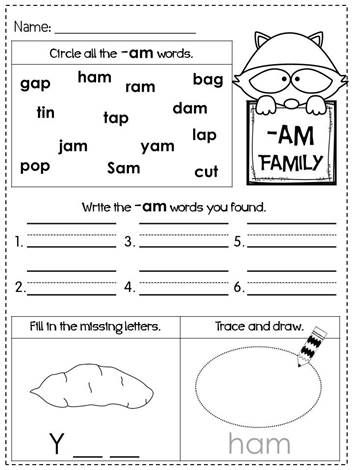 The main thing is that there should be two identical cards of each type in the set. For example, two green, two red and so on.
The main thing is that there should be two identical cards of each type in the set. For example, two green, two red and so on.
The essence of the game is that the cards are laid out in rows (3 by 3, 4 by 4, etc. depending on the complexity) in random order. Players must memorize their location. Then the cards are turned over and each player turns over one card, then the second. If he guessed a pair, he removes it from the playing field, if not, then turns it back.
The game continues until all cards are removed. The winner is the player with the most cards.
For more interesting board games for adults and children, paid and free, look in the article "20 most fun board games for the whole family"
What has changed?
Photo source freepik.com
In this game, you can use cards from the previous Memory game, or you can take arbitrary items.
The facilitator lines up several things or cards in a row.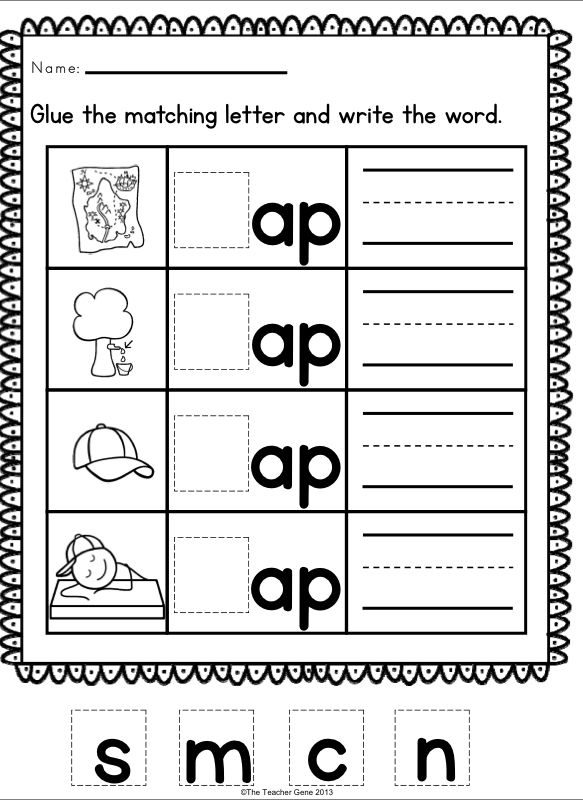 The player memorizes their location, then turns away or leaves the room. The host changes the position of the items or removes one of the items. Choose an action depending on the difficulty for the players.
The player memorizes their location, then turns away or leaves the room. The host changes the position of the items or removes one of the items. Choose an action depending on the difficulty for the players.
When the player returns, he must guess what has changed in these items.
I played another version of this game with my parents. But for this you need at least 3 people. The players lined up in one arbitrary sculpture, depicting a monument. The host memorized it and left the room. Everyone else changed the position of the arms or legs, added new items. After returning, the presenter had to say what had changed in the "sculpture".
This is a very fun indoor or outdoor family game that brings the family together.
Mr. know-it-all
One of the most common word games. The rules are simple - the host thinks of a word and tries to describe it in abstract sentences. It is also called the number of letters in a word.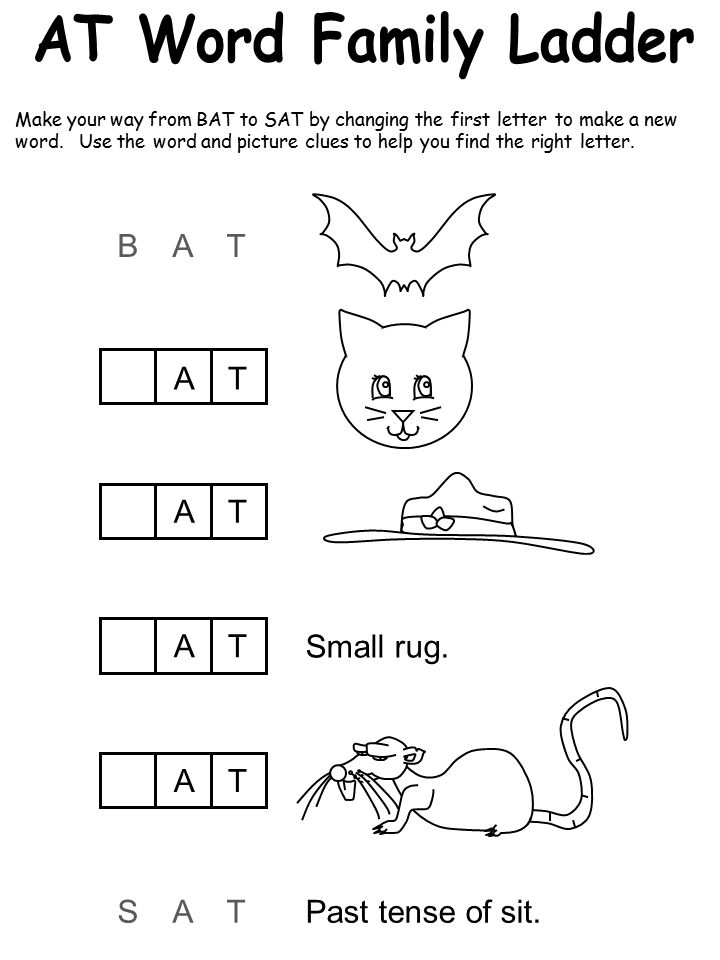 The player begins to guess the word by letter. In the case of each incorrect answer, the presenter draws on a piece of paper a part of a schematic little man - Mr. Know-It-All. Once it is drawn completely, the player has lost.
The player begins to guess the word by letter. In the case of each incorrect answer, the presenter draws on a piece of paper a part of a schematic little man - Mr. Know-It-All. Once it is drawn completely, the player has lost.
Hurry, find the number!
A very interesting family activity for those who love mindfulness games. Each player draws a rectangle of given sizes on a piece of paper in a box - almost the entire size of the sheet. The area outside the rectangle is filled with numbers from 1 to 99 in random order. Then everyone exchanges their papers. One player asks another to find any number on his sheet, and while he is looking for it, he draws dots in empty cells on his own sheet. The faster the opponent finds the number, the fewer dots the player will draw. The winner is the one who filled his rectangle first.
Cities or words
A very popular and interesting game that many modern children do not even know about.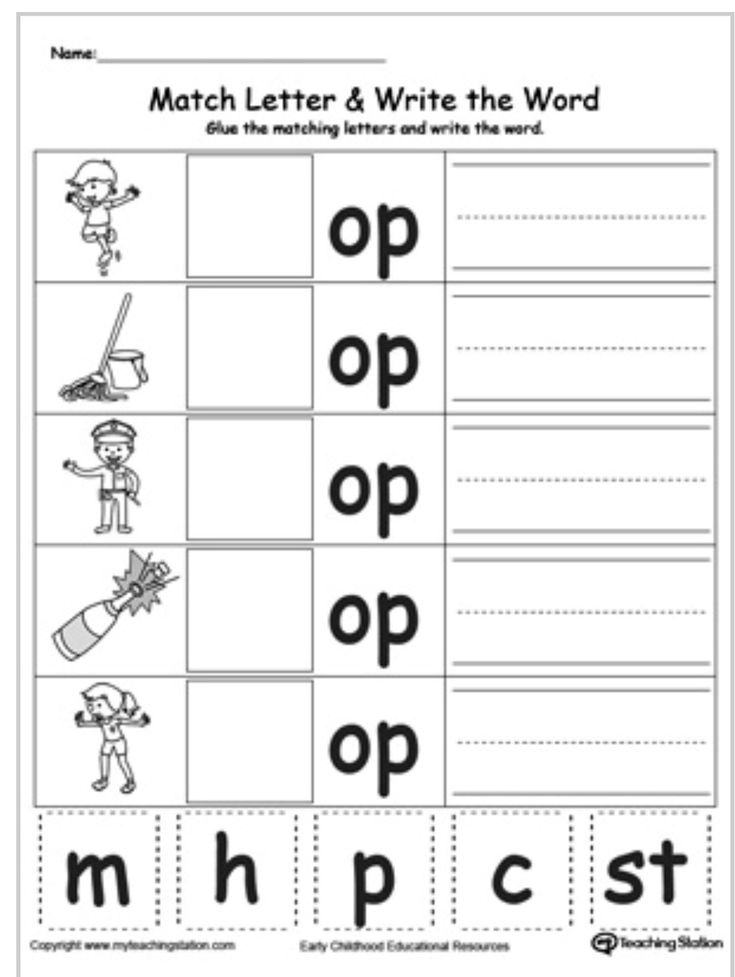 But in vain! After all, it allows you to expand your vocabulary and unite all family members.
But in vain! After all, it allows you to expand your vocabulary and unite all family members.
In the case of cities, the first player names any city, and the next player names the city whose name begins with the last letter of the city that the previous player named.
For example, Anapa - Astrakhan - Norilsk (soft sign is skipped) - Kaliningrad and so on.
The second option, with simpler words, is to name words starting with a certain letter.
For example, on K: coconut - flat - rope - crystal and so on.
The player who does not call the word in turn within 5 seconds is eliminated from the game.
The sea worries - time ...
A fairly mobile game that both children and adults can participate in. The number of participants is from 2 people.
The facilitator pronounces the phrase “The sea is worried - one, the sea is worried - two, the sea is worried - three! Freeze the deep sea! »
At this time, all participants wave their arms, imitating waves, raise their legs and move actively.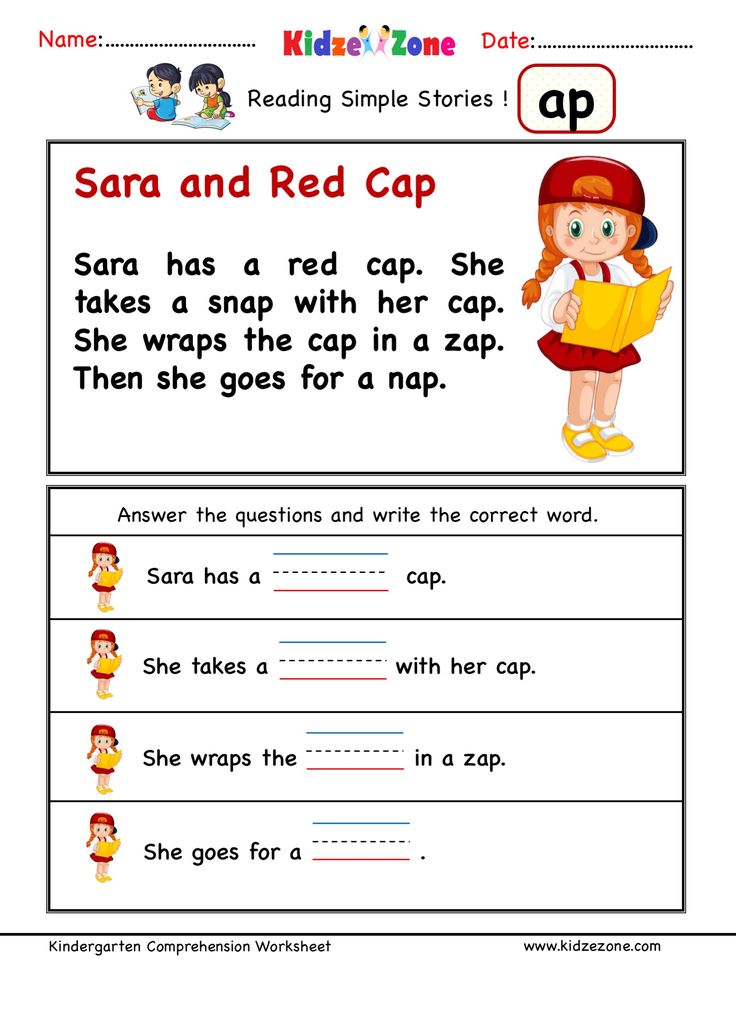 At the last phrase, they freeze in their last pose. Sometimes it can be uncomfortable and fun.
At the last phrase, they freeze in their last pose. Sometimes it can be uncomfortable and fun.
The leader begins to walk between the players and try to interfere with them, but without touching them. You can, for example, laugh, blow, clap your hands.
The participant who is the first to no longer be able to stand in his position loses and becomes the leader.
The slower you drive, the further you will be. Stop!
Also an outdoor game, similar to the previous one. But it requires a little more space. If your apartment has a long corridor - perfect! Especially if you're playing with small children, they don't move as fast. Better yet, go outside and play outside!
The leader stands at one end of the room, the players at the other. The host very quickly says the phrase “ You will go further. Stop! . At this time, the players run towards him and stop after the phrase "STOP!" They freeze and try not to move.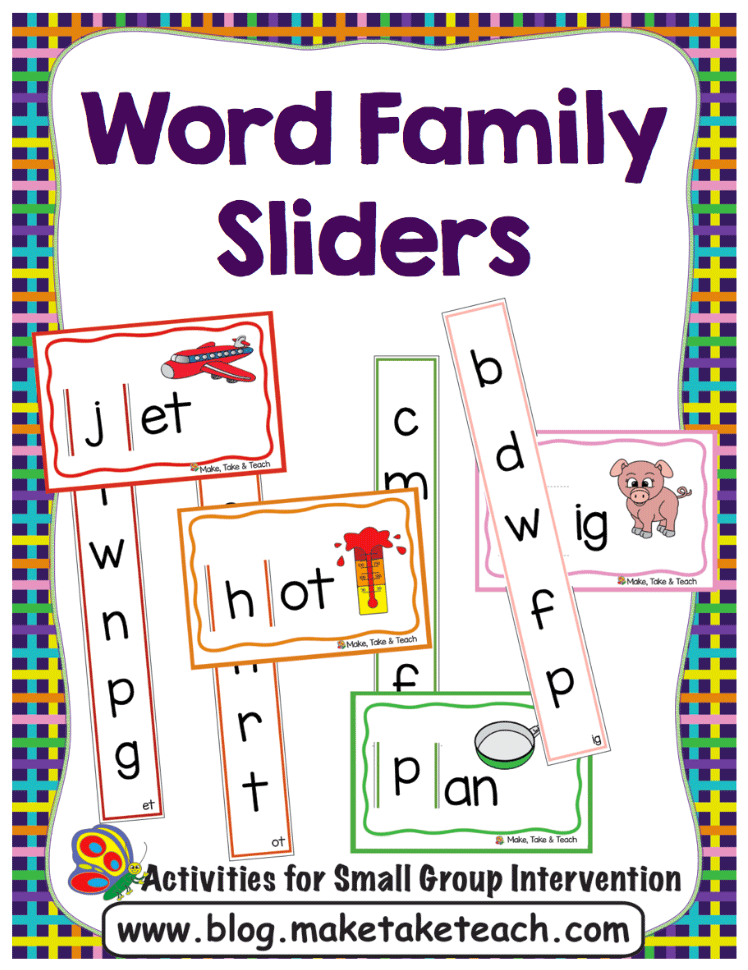
The facilitator approaches each player and tries to make them laugh for 15 seconds. If he succeeds, the player returns to the beginning of the room. If it does not exit, the player continues the next round from the current position.
This happens until one of the players touches the leading hand! As soon as this happens, all players run to the starting position, and the leader tries to catch them. The one who catches will become the leader.
Feather, fly!
Fun active game for adults and children. The host takes a feather or fluff. The player is standing next to him. The host throws a feather high, and the player blows on it from below. The longer the feather does not fall, the better. The one with the longest feather in the air wins.
Badminton at home
Yes, yes. You heard right. You can also play this game at home if you replace the usual roller coaster with a balloon. The game is suitable for the whole family.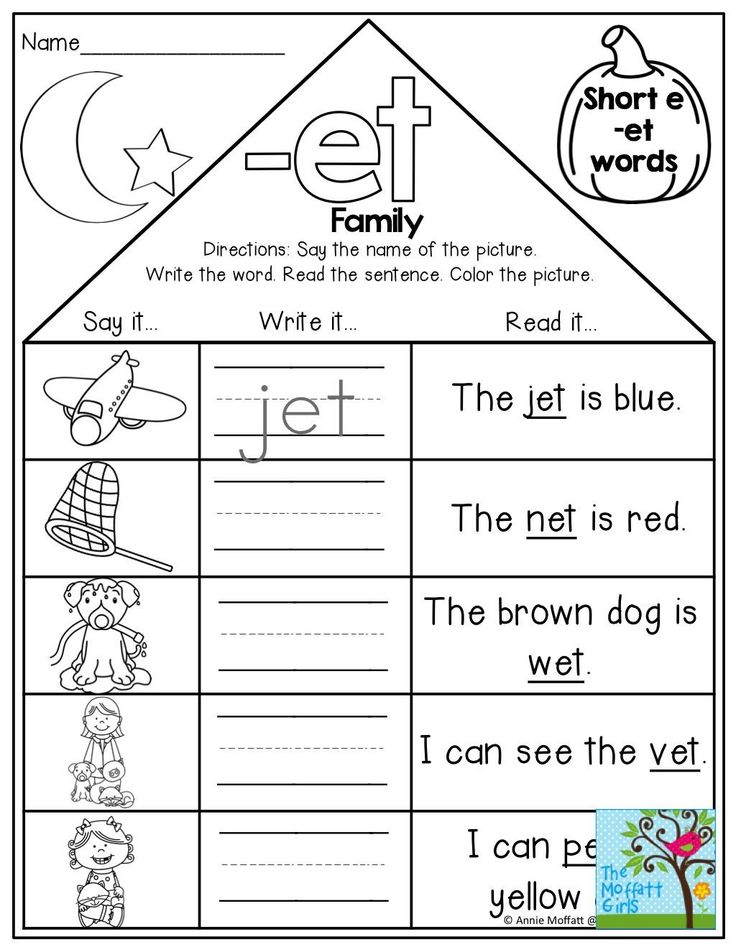 Even small children (from three years old) love it. The smooth movement of the ball will not require you to make sudden movements with the racket, so the game can be considered relatively safe for household appliances and furniture. But just in case, choose a room that has as few fragile items as possible.
Even small children (from three years old) love it. The smooth movement of the ball will not require you to make sudden movements with the racket, so the game can be considered relatively safe for household appliances and furniture. But just in case, choose a room that has as few fragile items as possible.
If you don't have rackets, don't worry, you can replace them with A4 sheets of paper, disposable plates, or do without them altogether.
Somehow in rainy weather, my daughter and I lost almost an hour in such badminton. The evening was fun and relaxed.
Whose rocket will fly farthest
Balloons will also come in handy here. Give each player a balloon, inflate them. If necessary, then do it for the kids. Then, on command, release the “rocket” balloons and watch how they randomly fly around the room. Usually, this game is very popular with children. They laugh merrily and infect the whole family with their positive.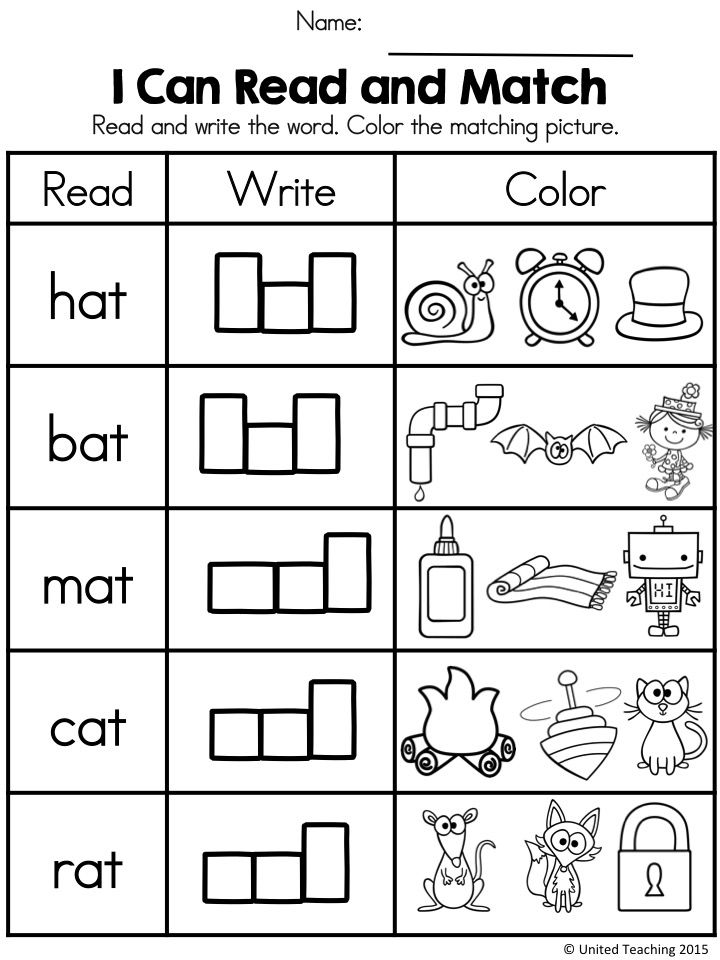
Intrusive mosquitoes
My means at hand can be anything. Multi-colored balloons, balls from a dry pool, crumpled colored or plain paper. Choose items that will be "mosquitoes", such as red balloons or red crumpled pieces of paper. Draw a line separating the two teams. Each team can have any number of people. Turn on fun music and while it plays, throw mosquitoes into the territory of the opposing team until the song ends.
The team that managed to throw the most "mosquitoes" wins.
Hot and cold
One of the favorite family games that will appeal to both adults and children. Gambling, calm and at the same time mobile.
And its meaning is the following. The host hides a previously discussed item in the room. The player (one or more) must find it using the "warm/hot" or "cold" hints. It's easy to guess. The farther the player is from the object, the colder it gets. The closer, the warmer.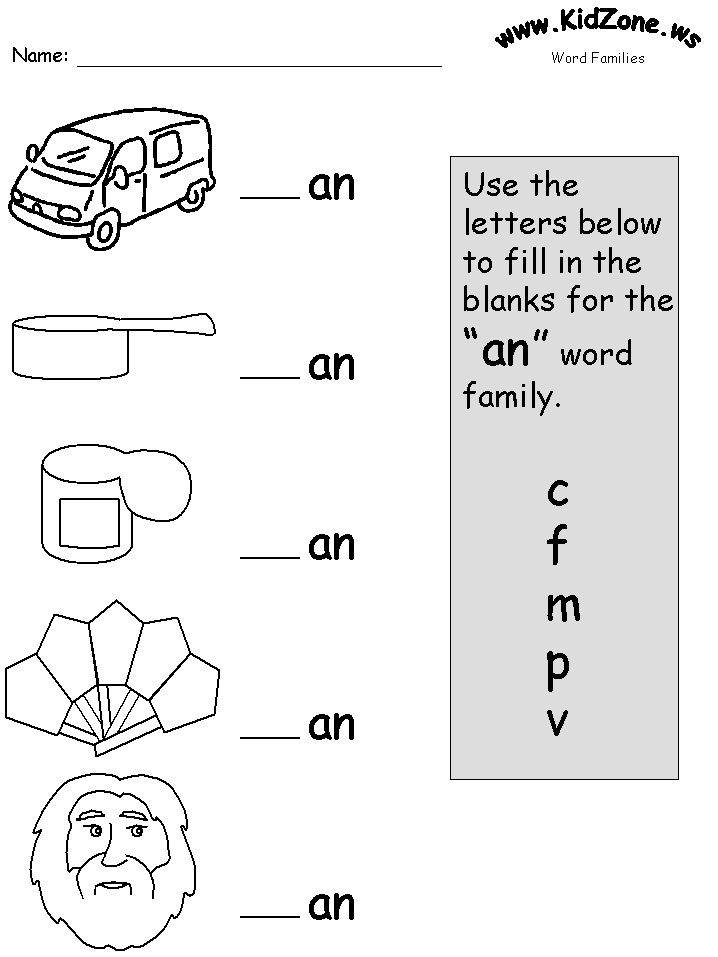 Well, when it’s really close, it’s hot!
Well, when it’s really close, it’s hot!
Try to diversify the game with gifts. Let the participants look for surprises wrapped in colorful paper. Both adults and children will love it!
Broken phone
A game that is more fun to play with a large group (from 5 people). Perfect for family gatherings and parties. She will definitely cheer up everyone close to her.
The rules of the game are simple. Participants sit in one row. The host quietly (so that the others do not hear) says the word to the first player. The first player also quietly tells the second what he managed to hear, and so on down the chain.
The last player says the word aloud. Usually it turns out not at all what the host said.
To make it more difficult, you can say not a word, but a phrase or divide into teams.
Silencer
This game is very useful when you are tired of the noise.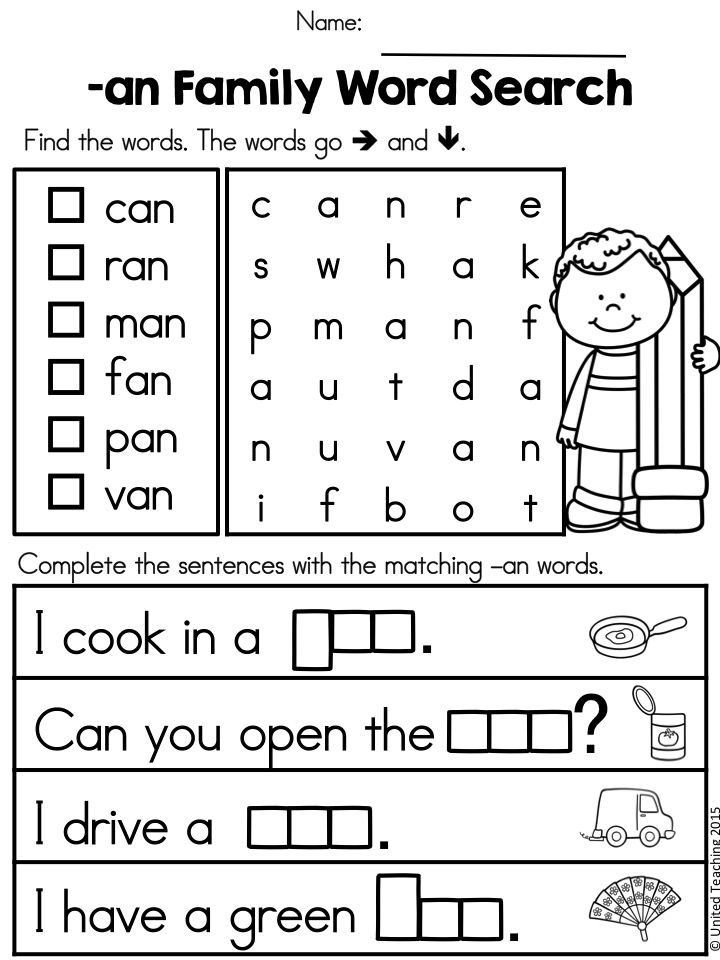 You can play it while doing family chores or just sitting opposite each other.
You can play it while doing family chores or just sitting opposite each other.
The facilitator reads a poem, after which everyone falls silent. Whoever said the word or smiled first - he lost and is punished. For example, all players give a flick to the loser or make him jump on one leg several times or do some useful thing (wash the dishes, clear the table).
Players can interfere with each other, make funny faces, for example.
An example of a rhyme for the game:
Chok, choke, choke,
Teeth on the hook,
Who will say the word,
(Who will speak) -
Click on Tom's forehead!
or…
Hush, mice, the cat is on the roof:
Leading the cat by the ears,
The cat is torn, the tail is bare…
Whoever says, he will eat!
Giants and gnomes
A fun outdoor game for the whole family.
The host, usually an adult, says only 2 words “ giant ” or “ dwarf ”.